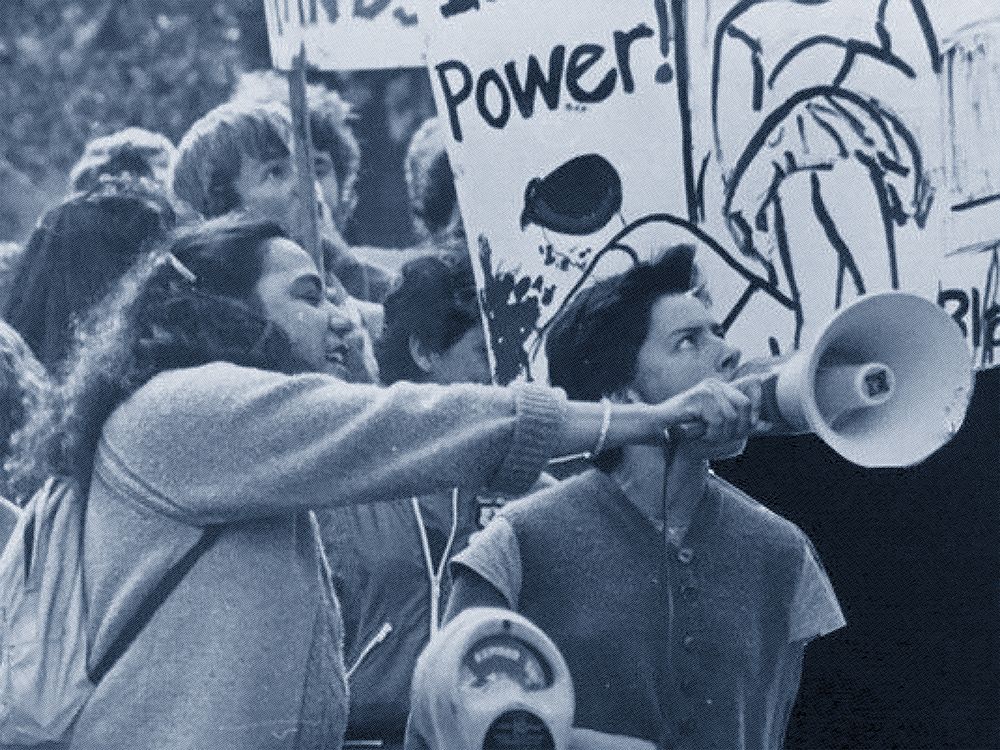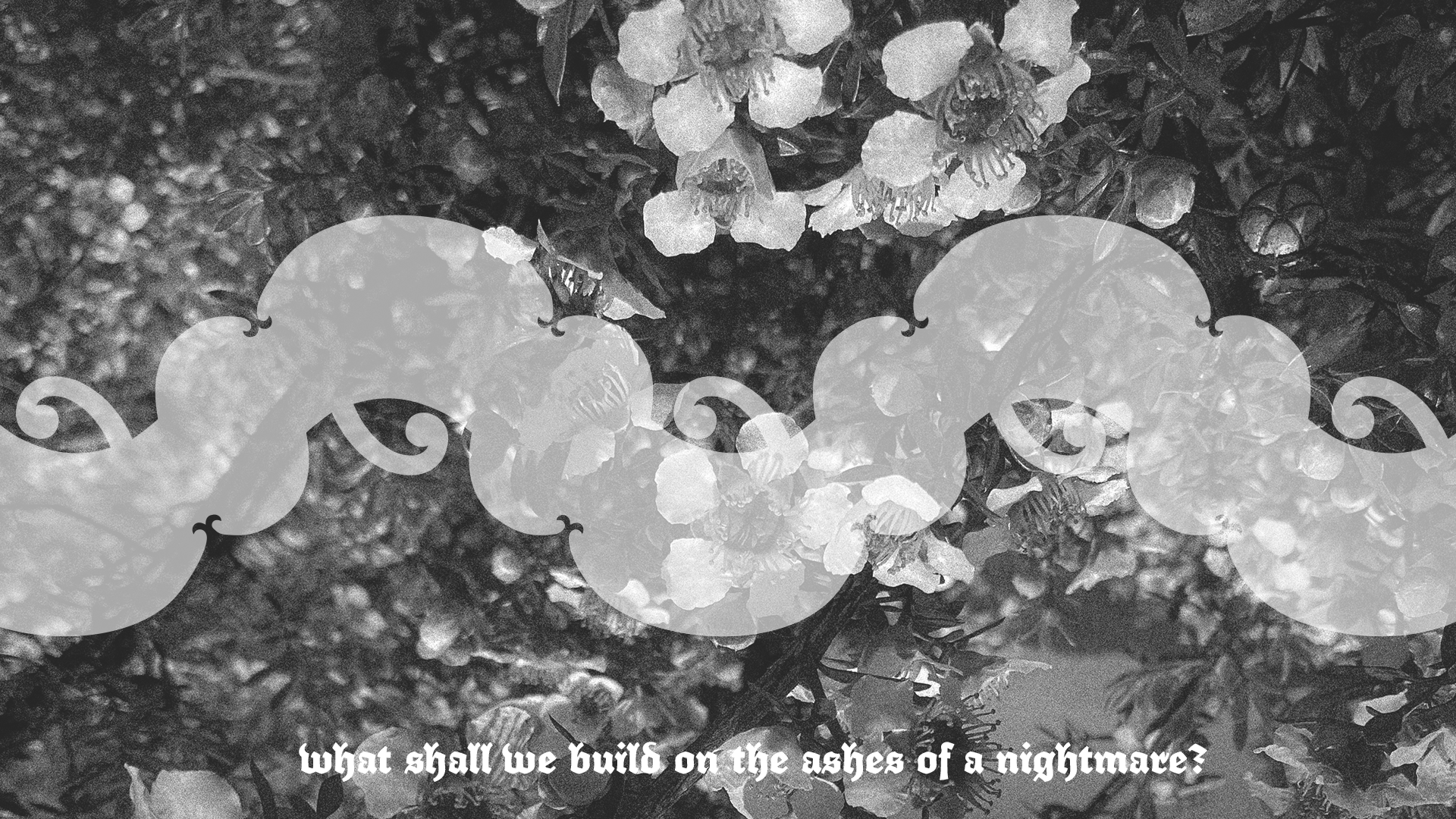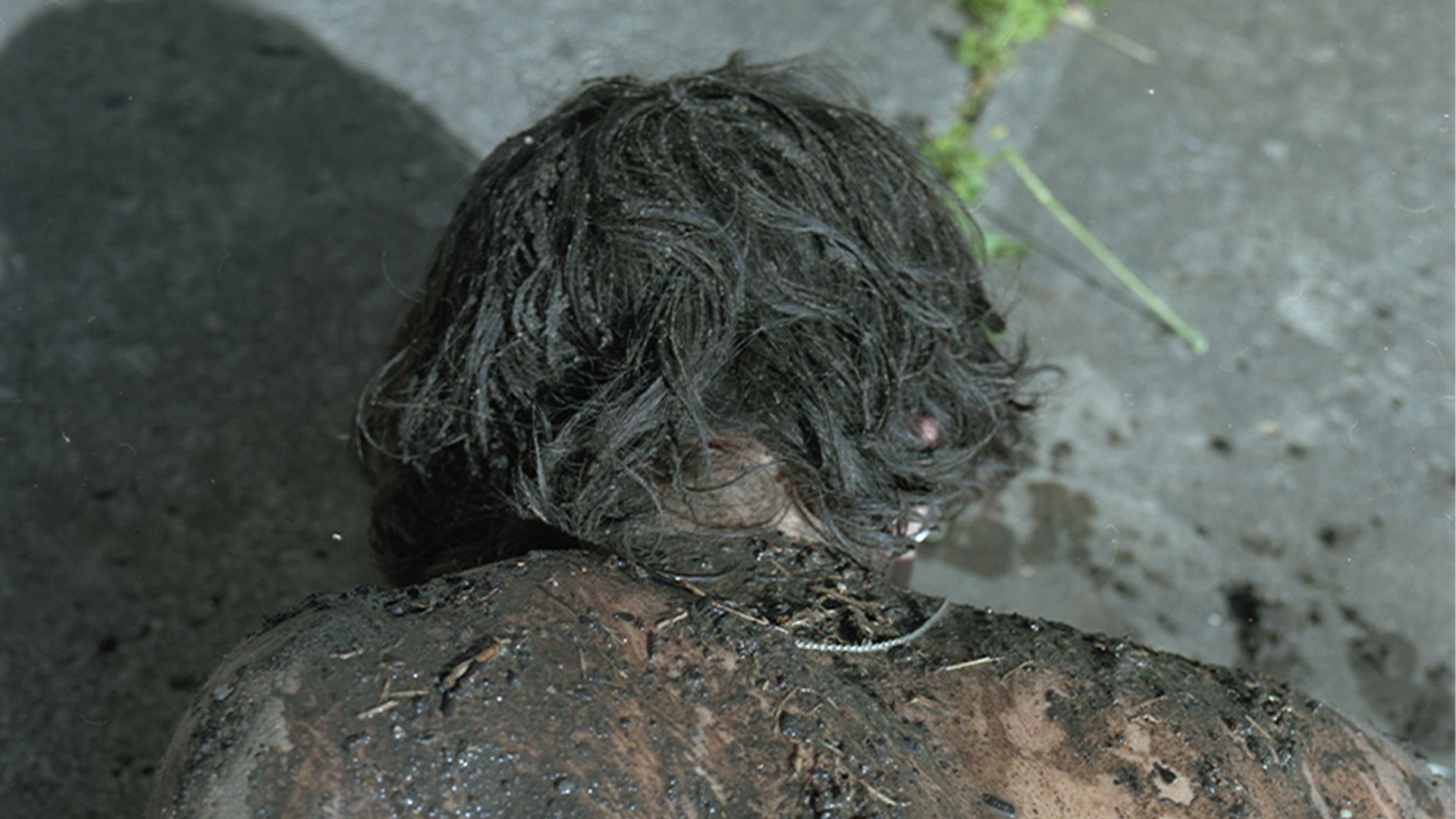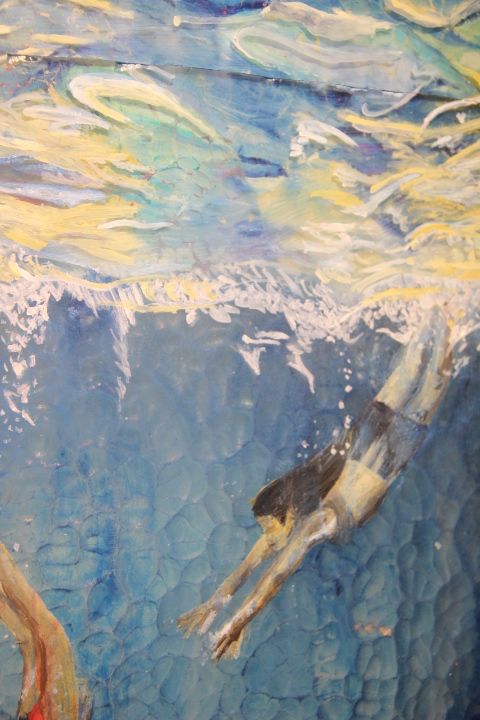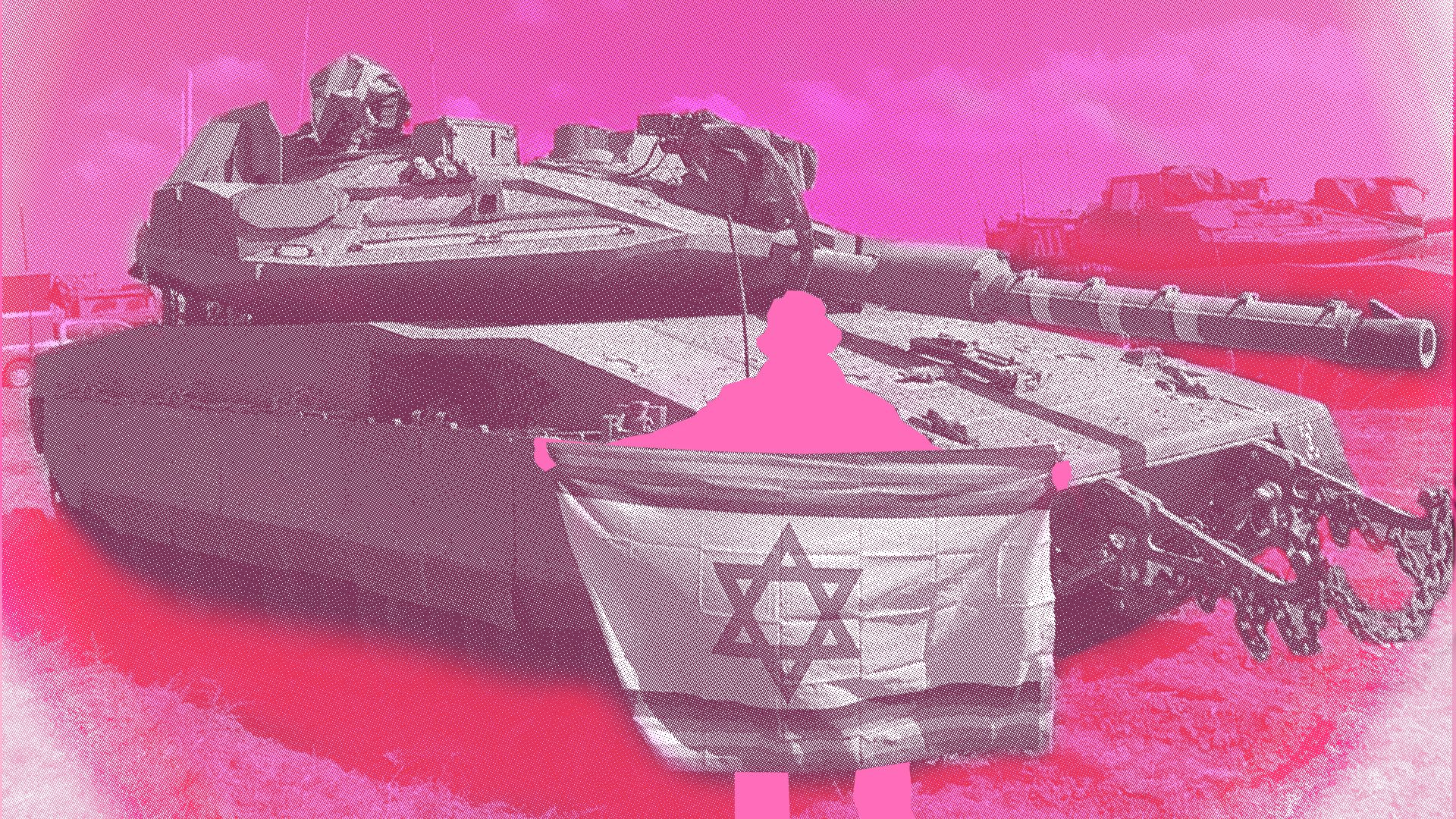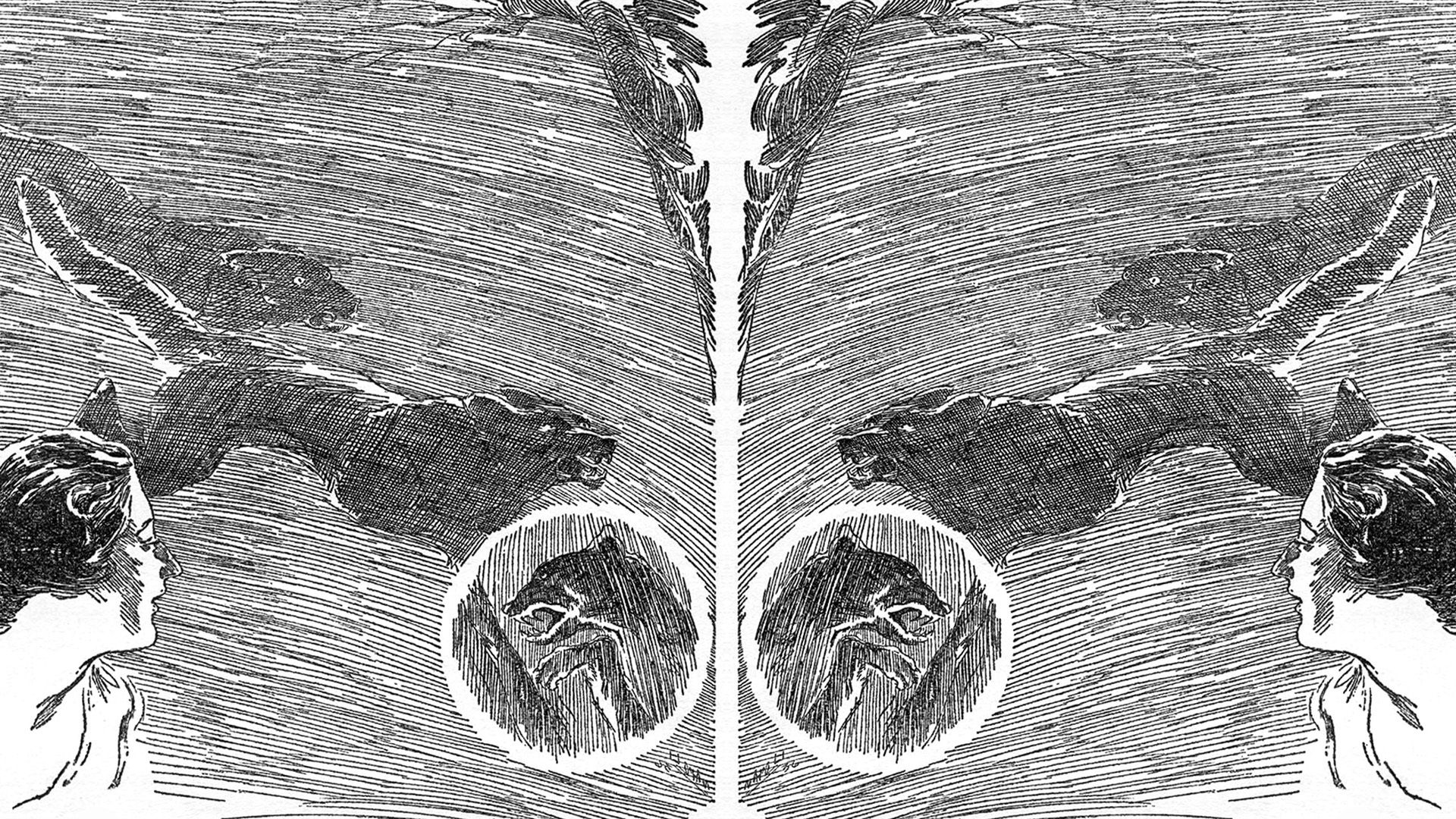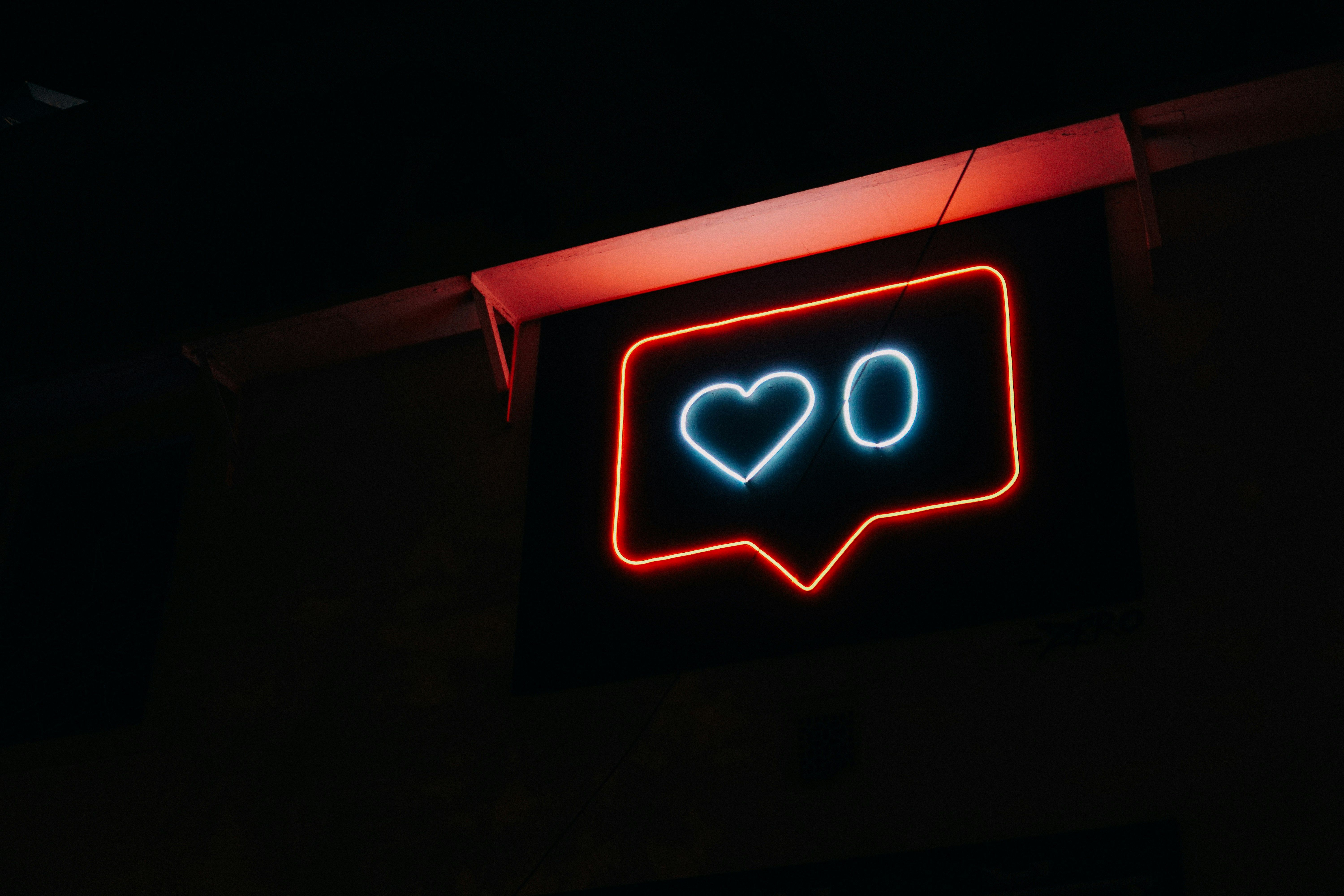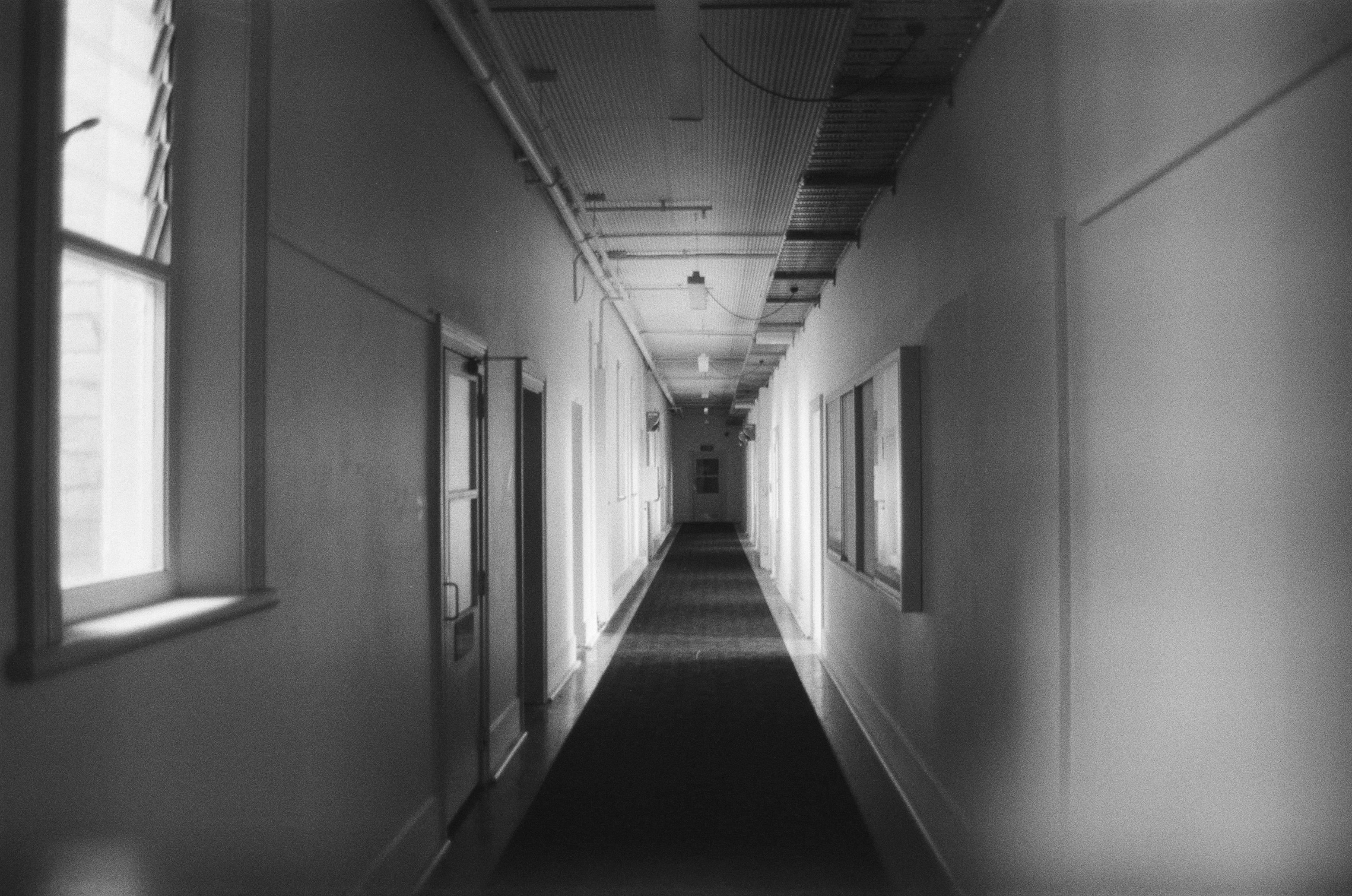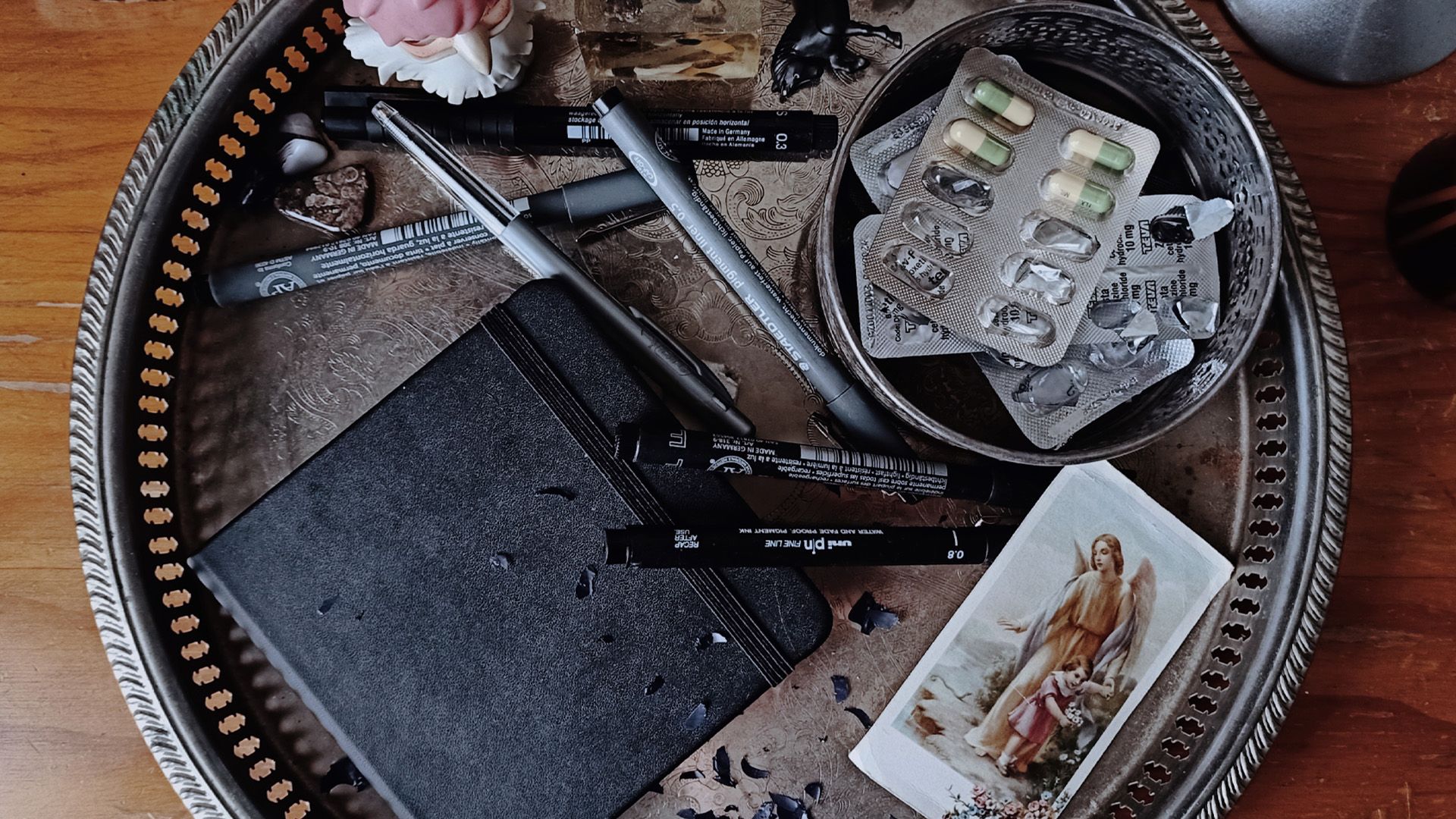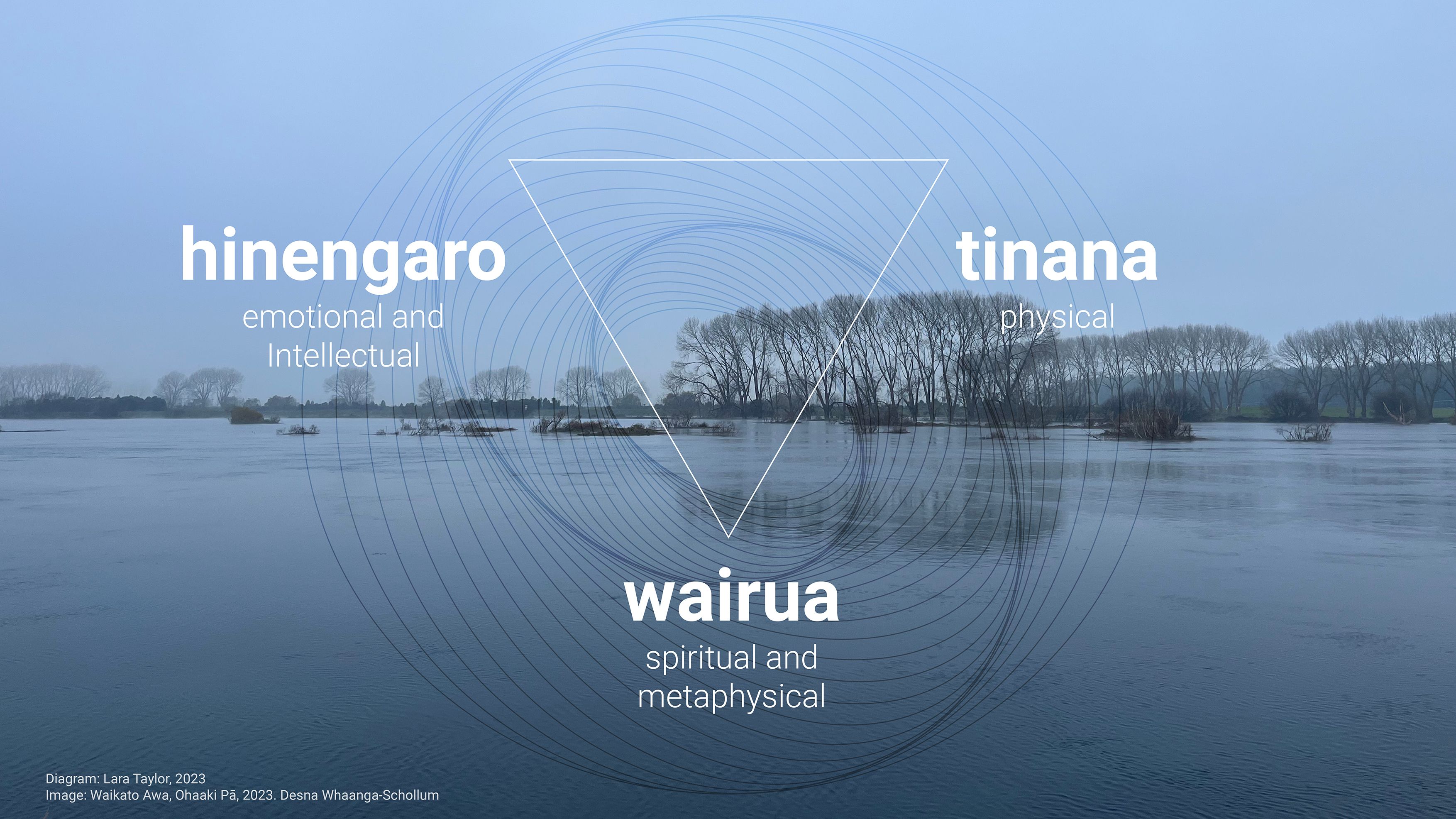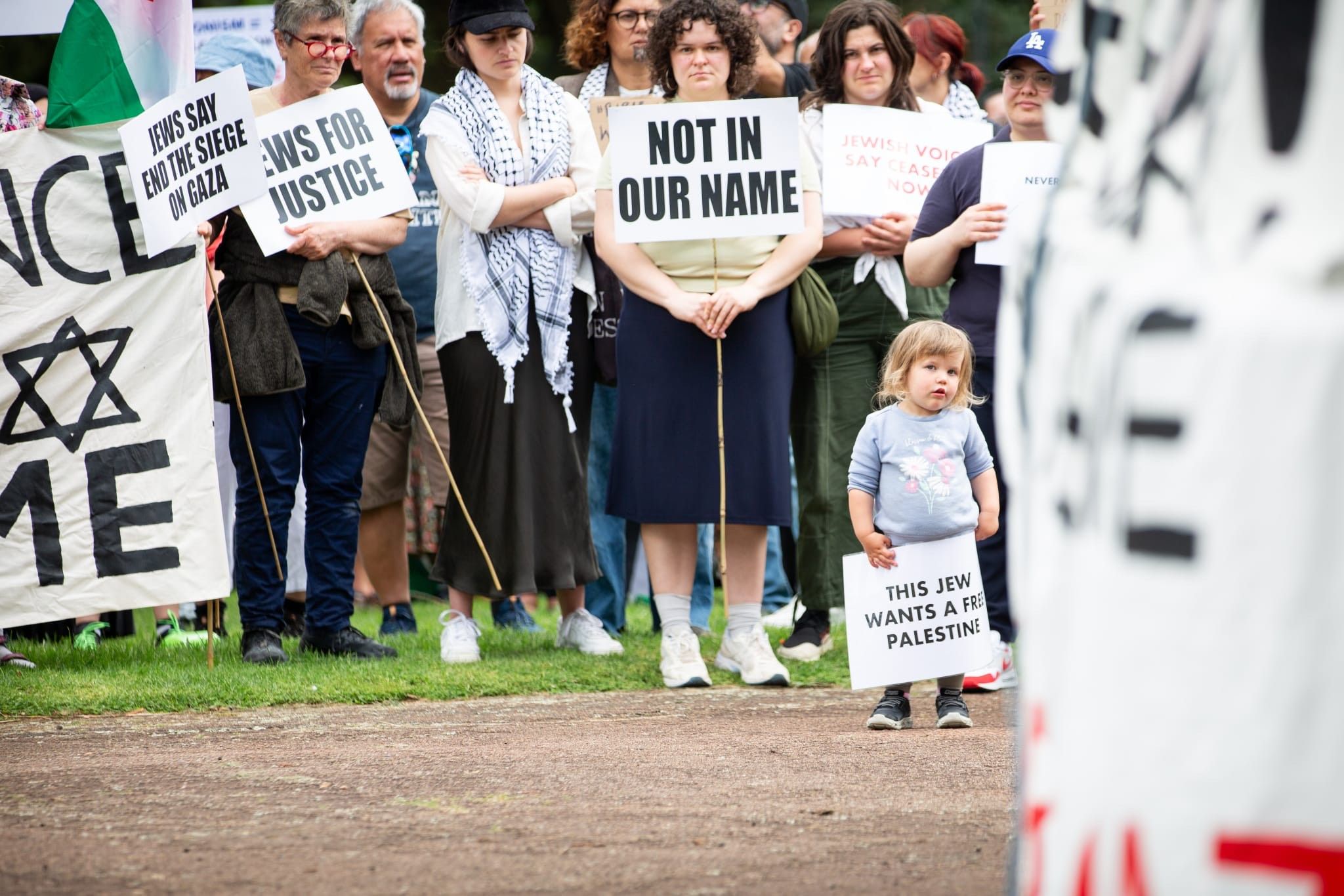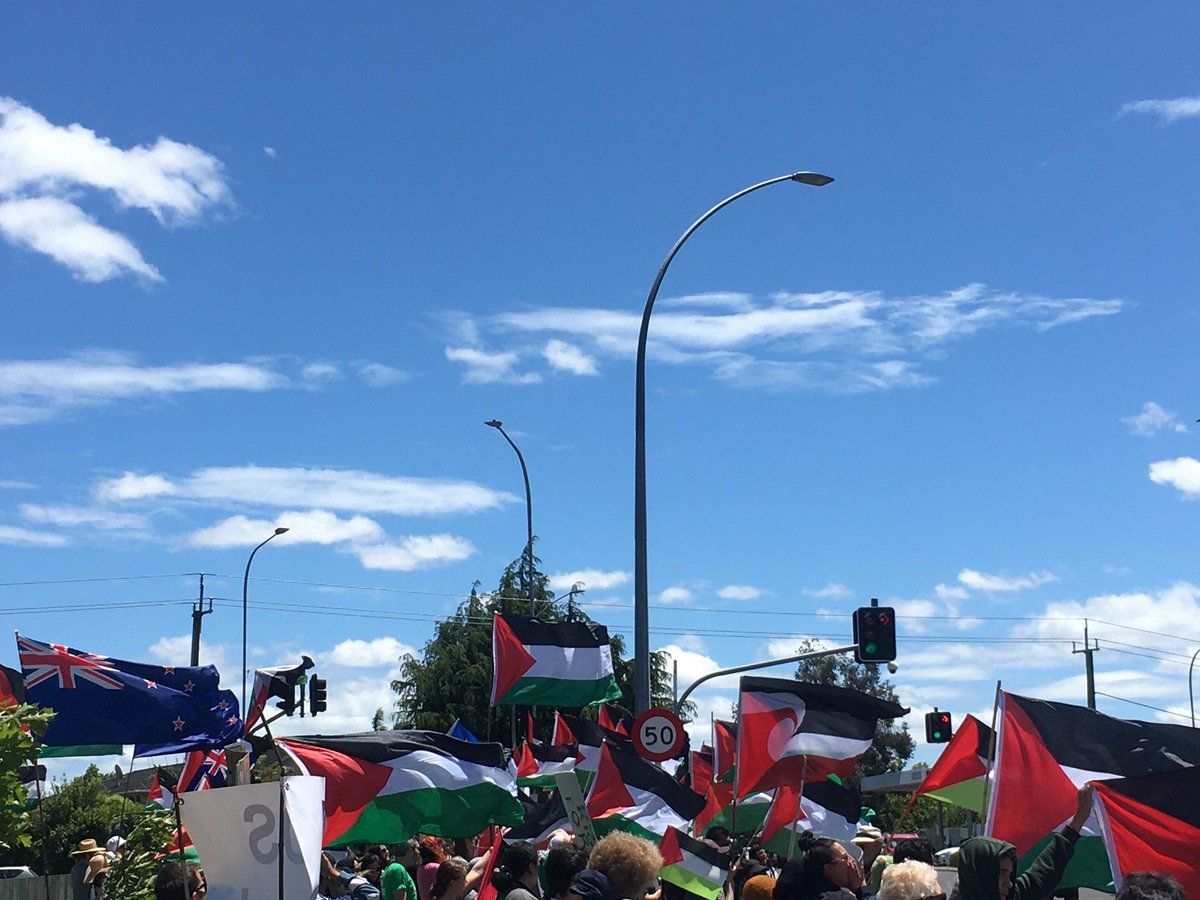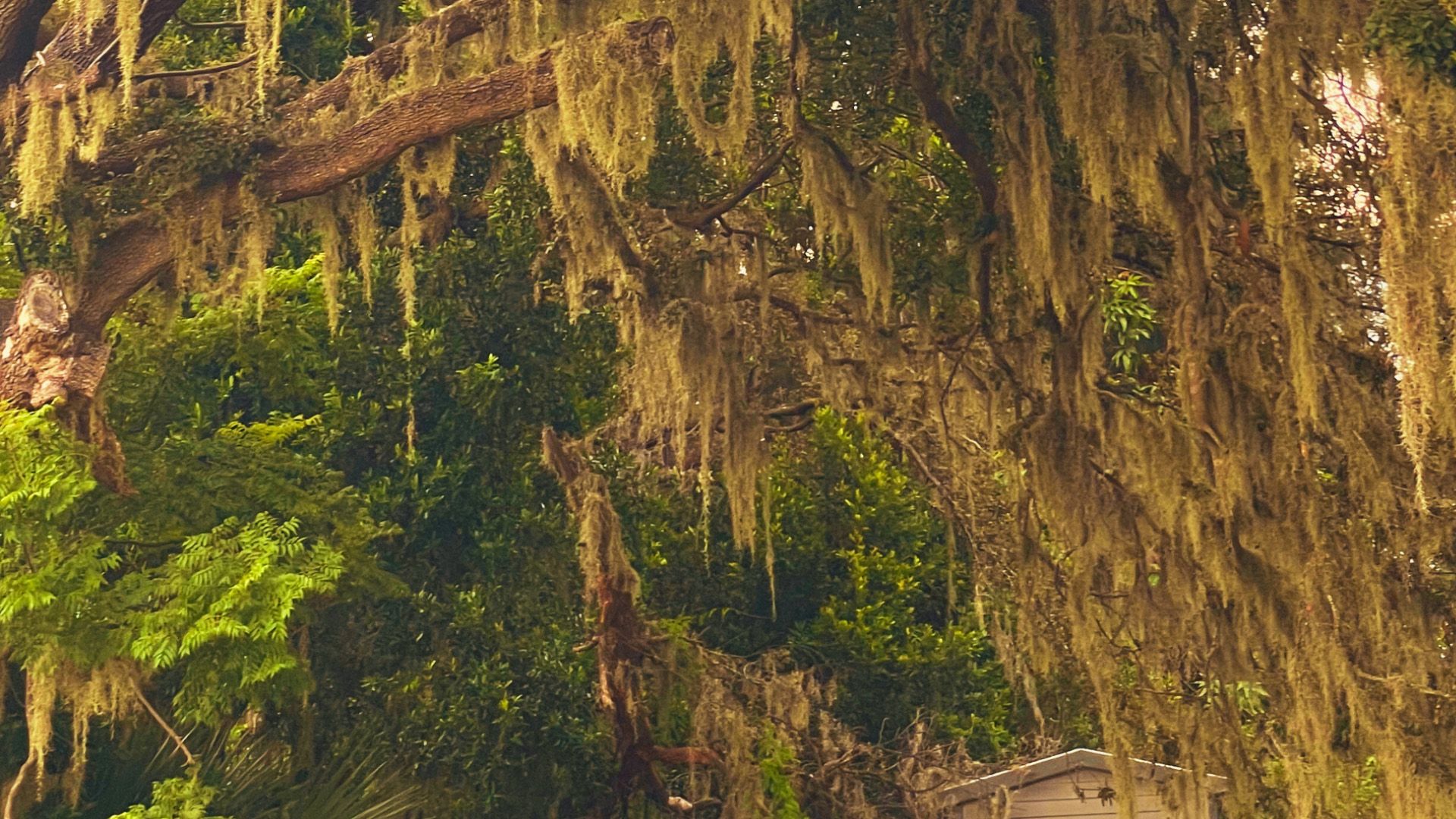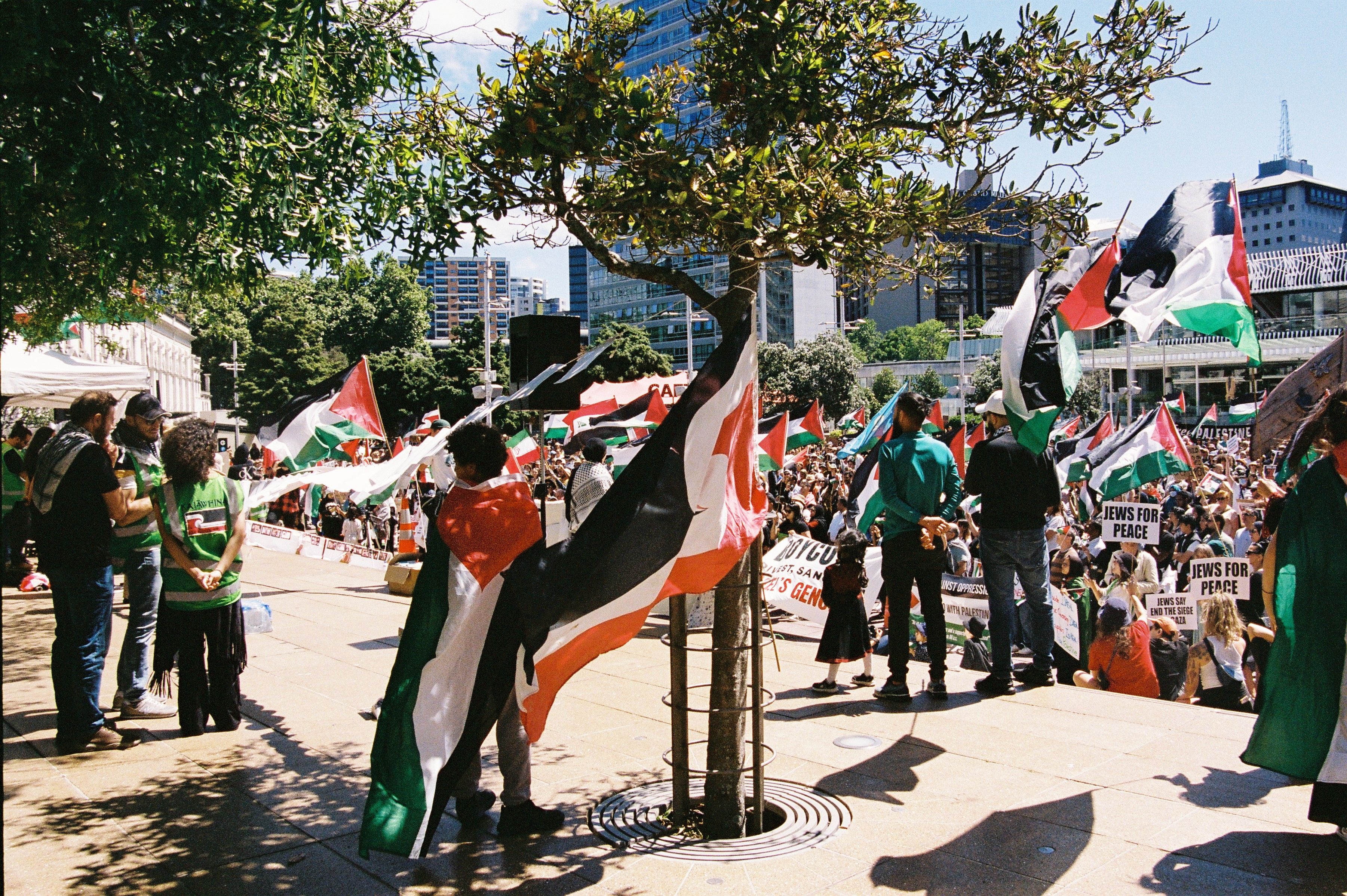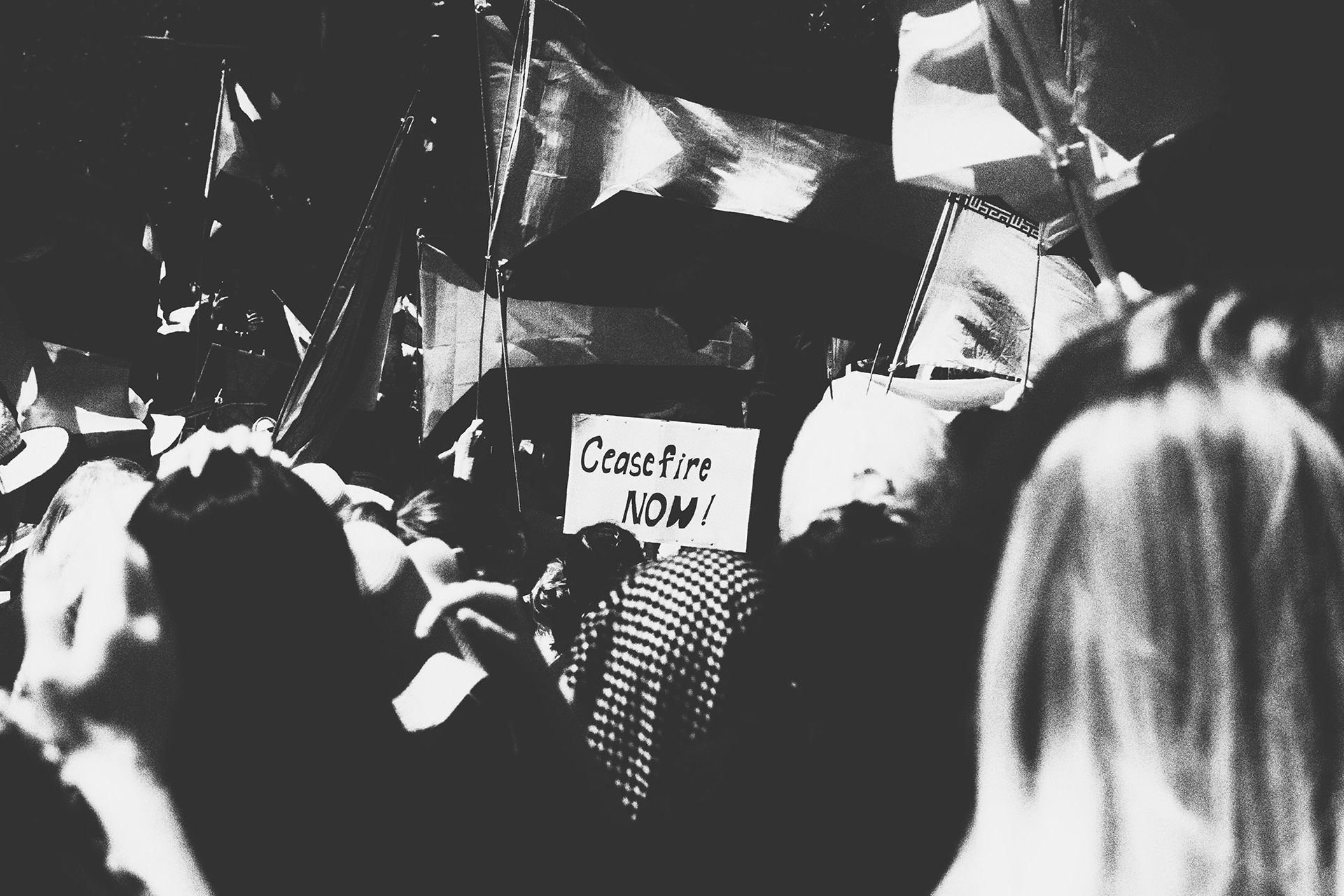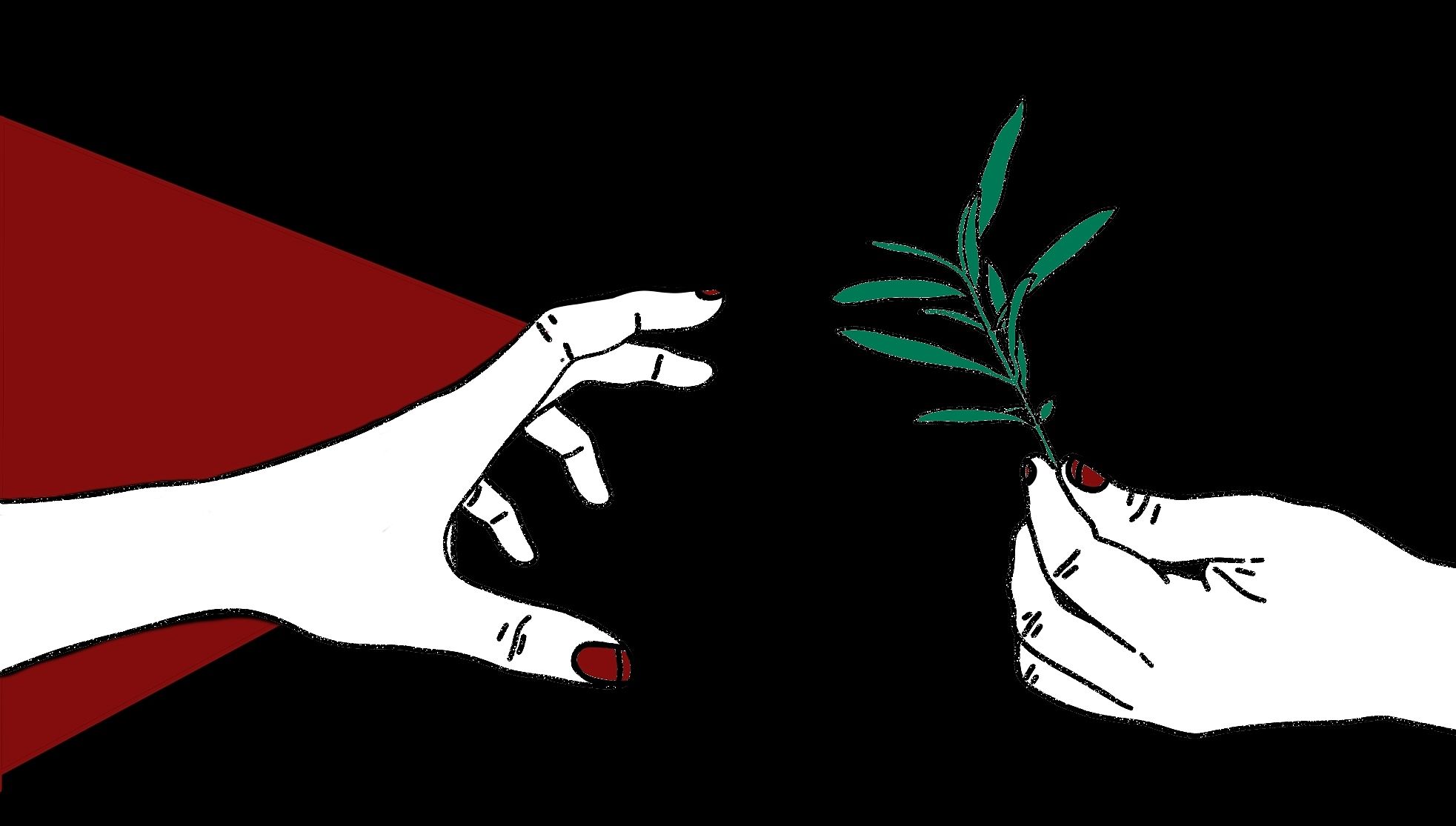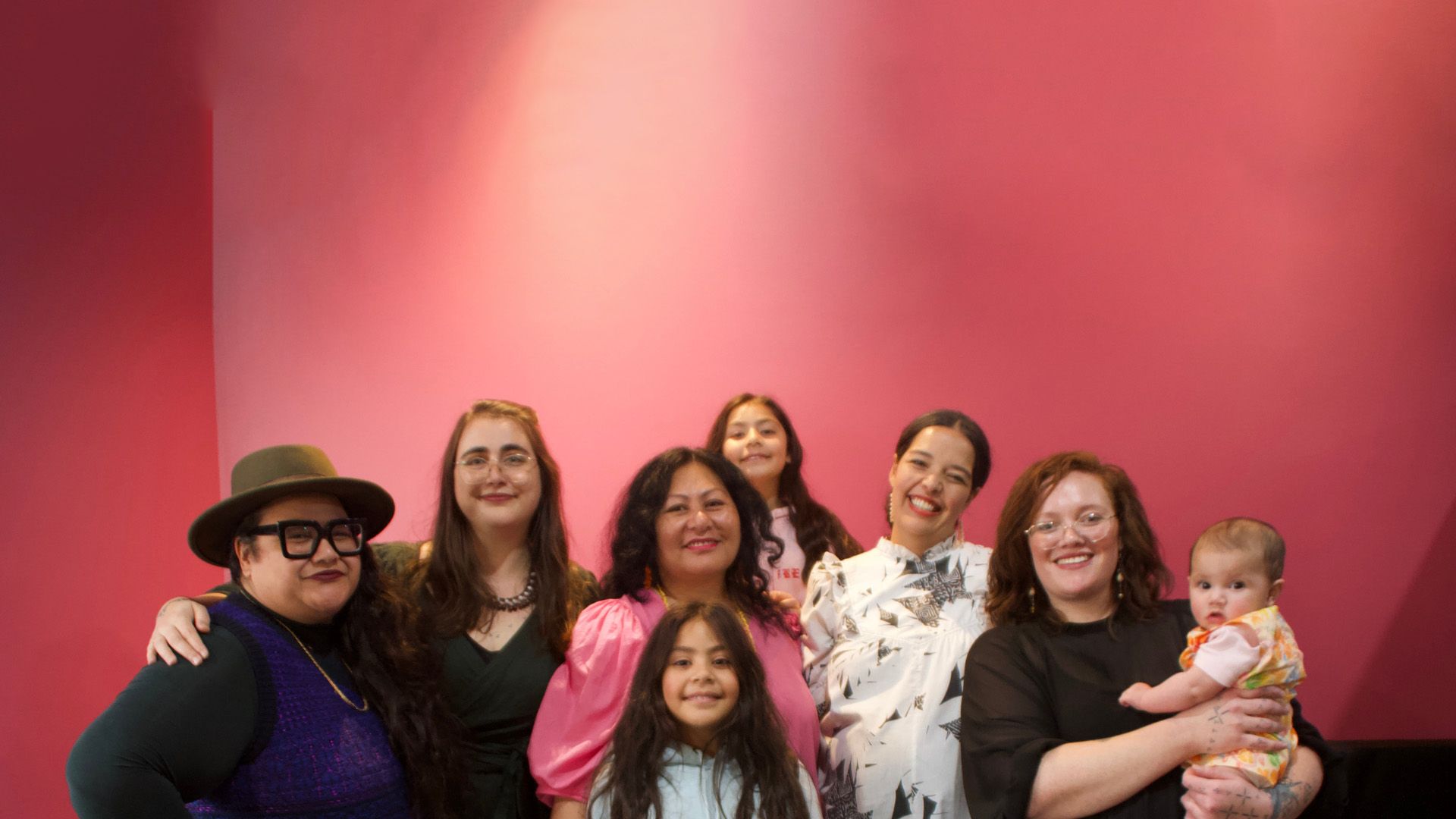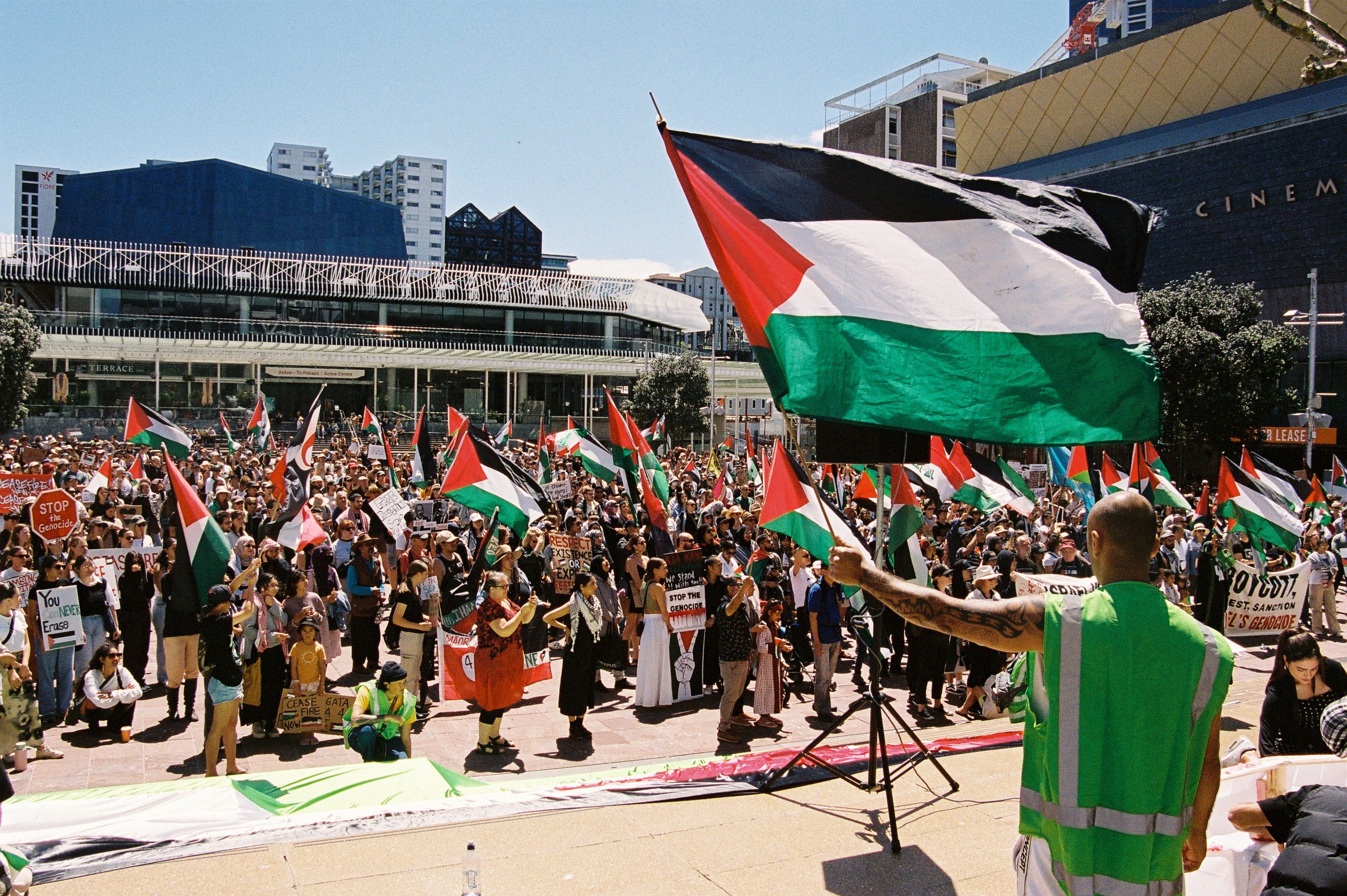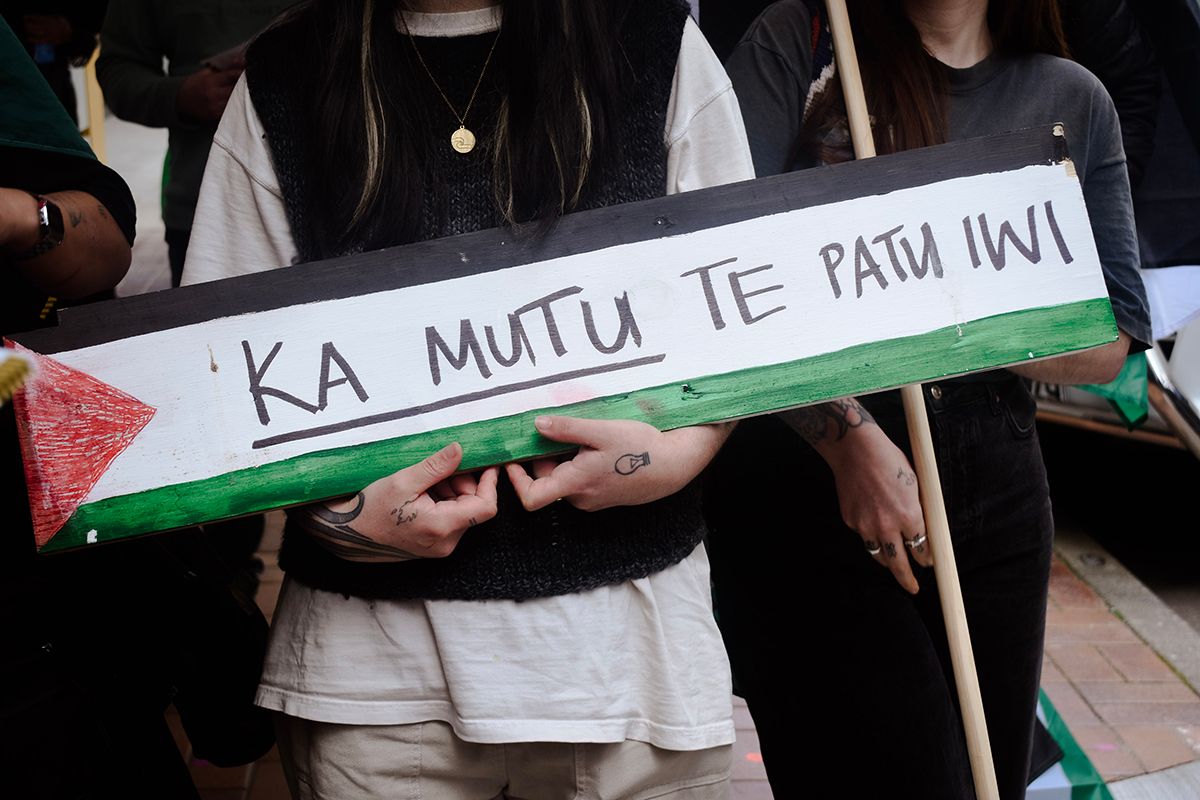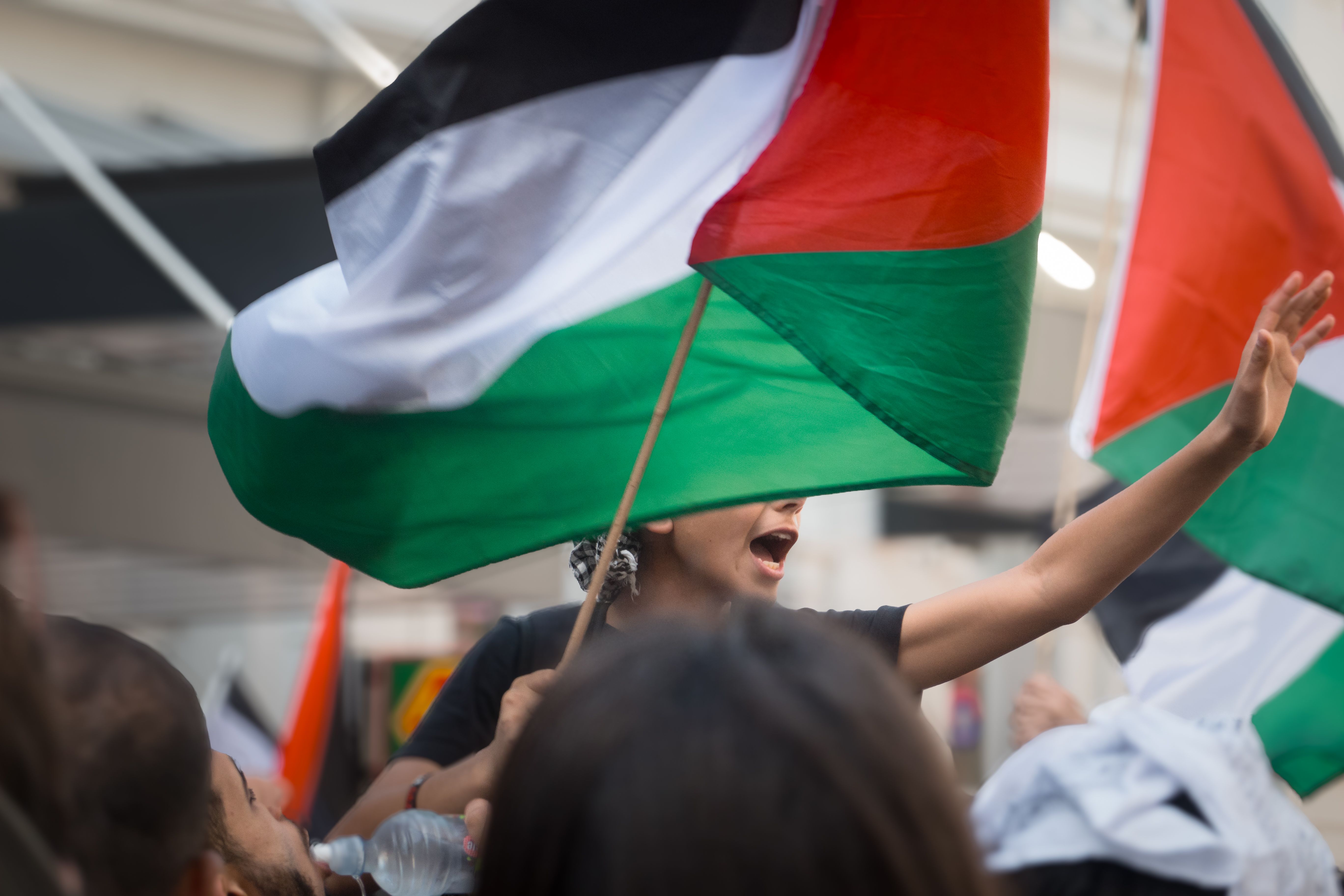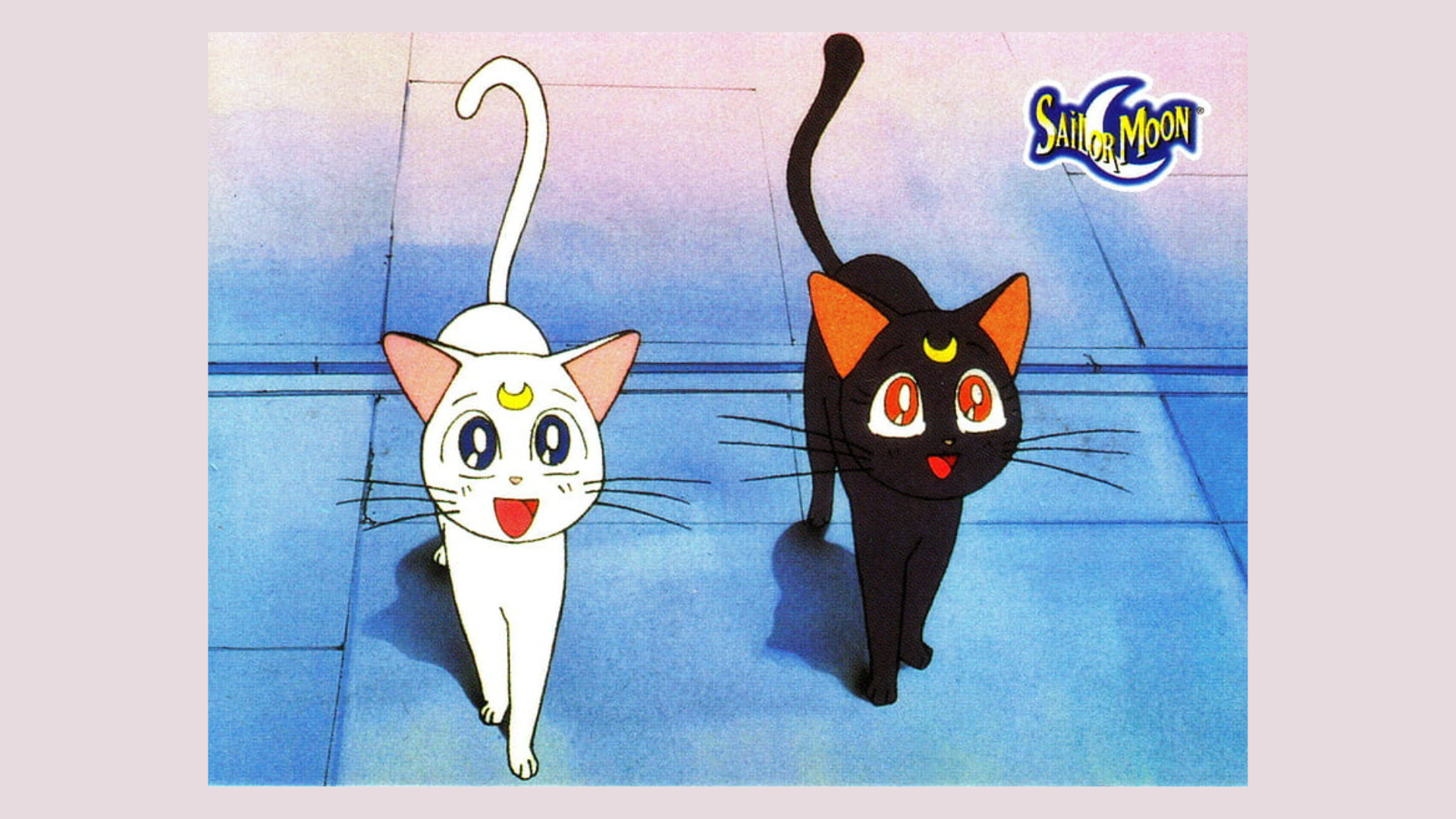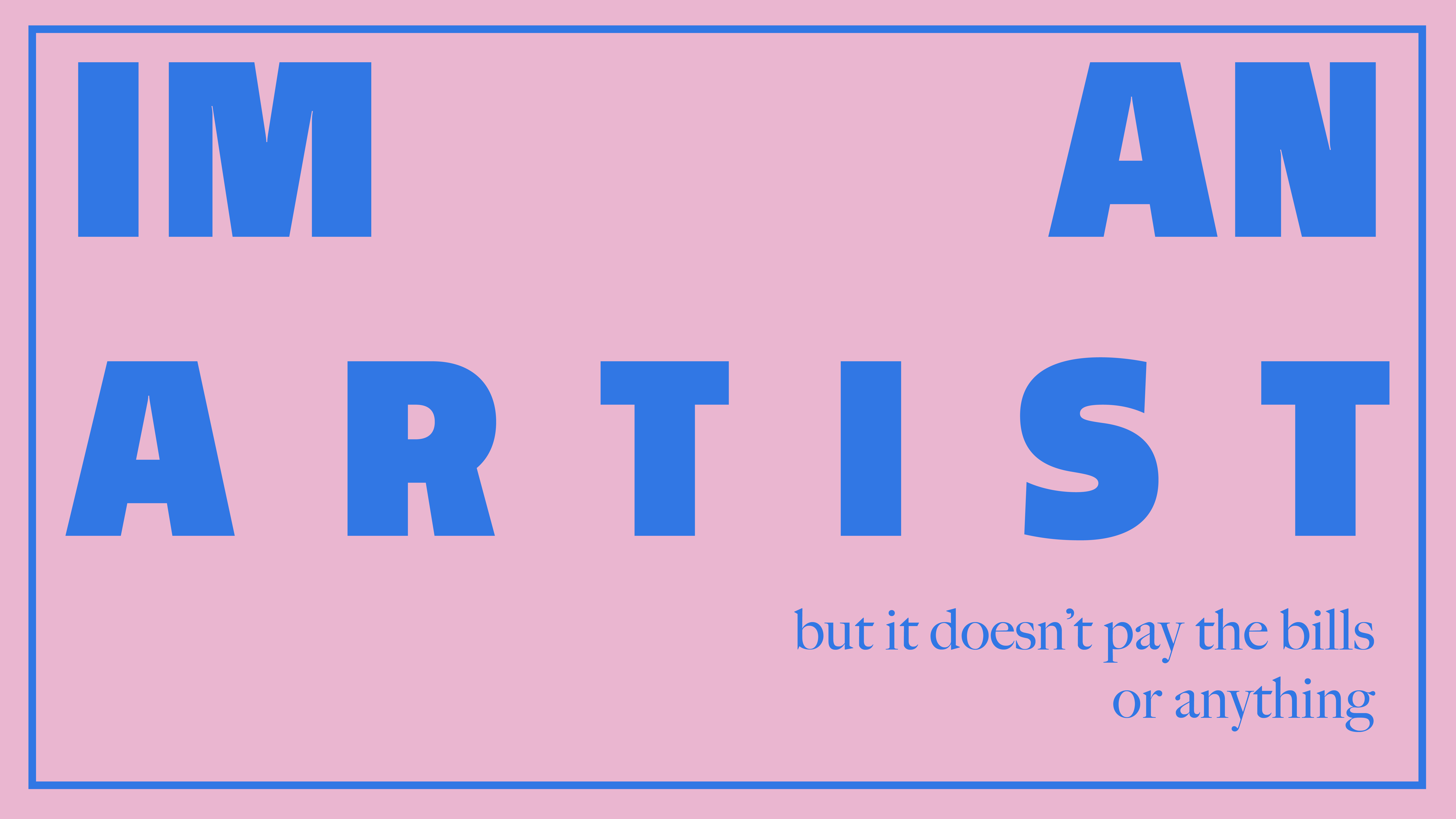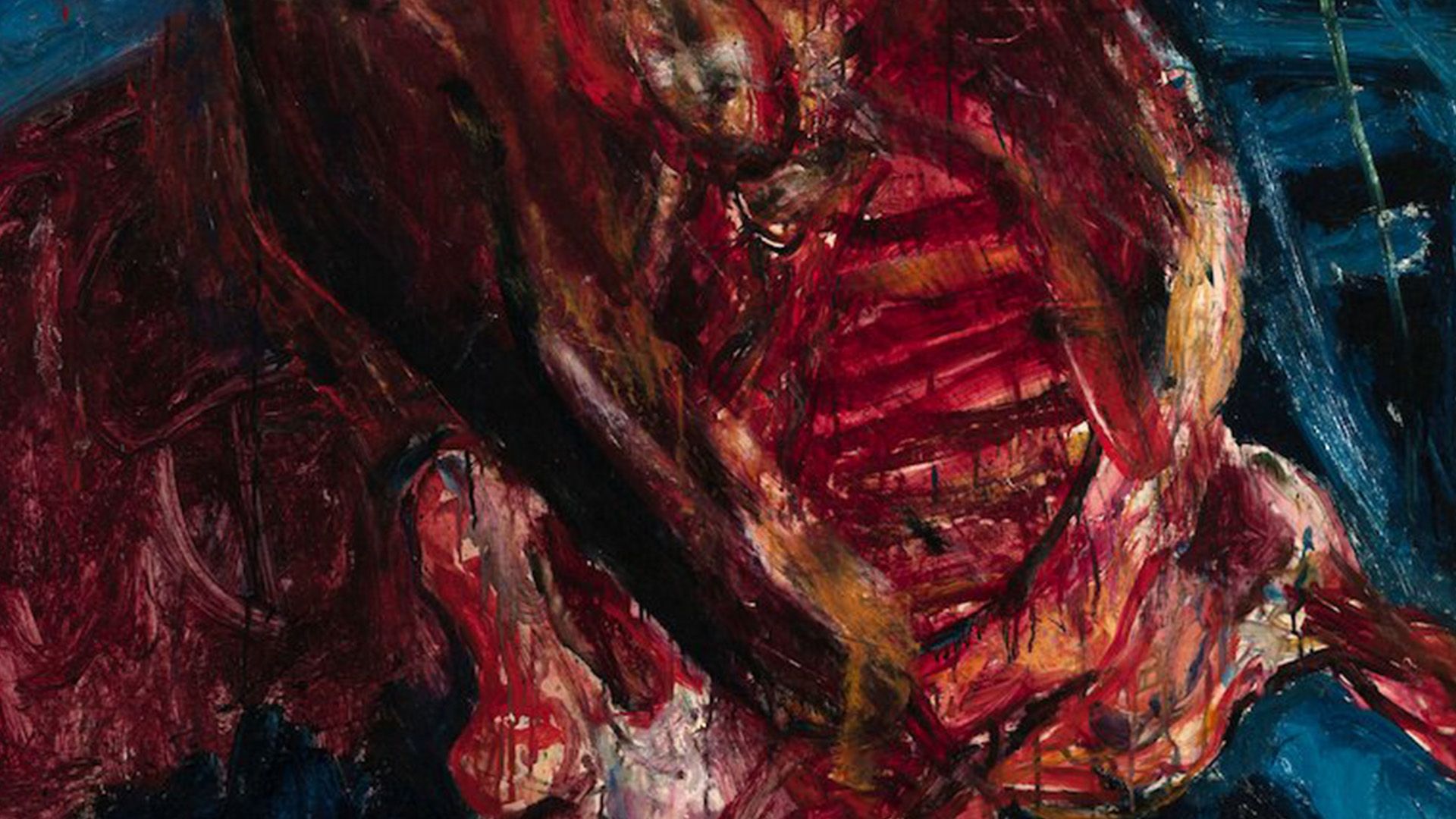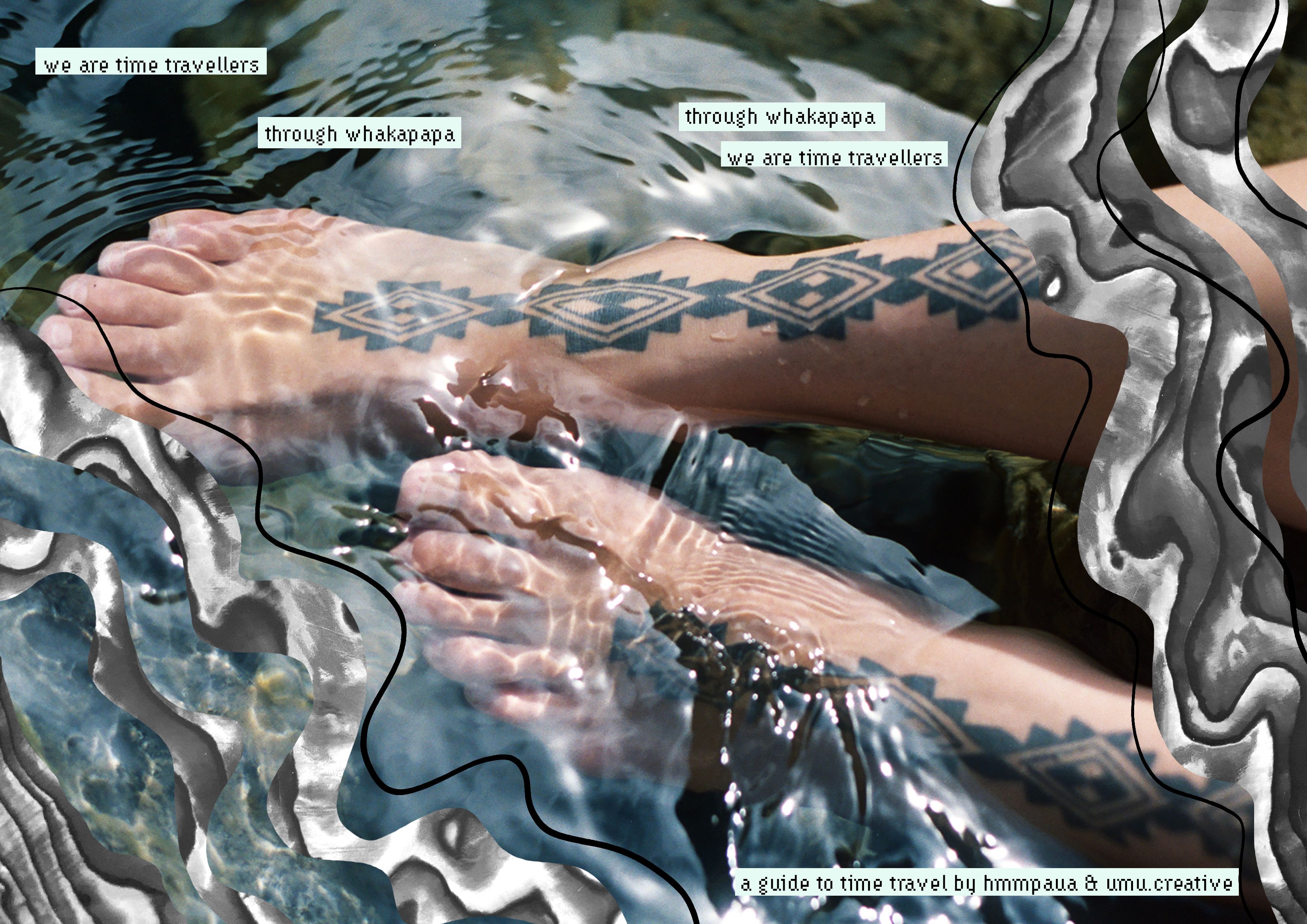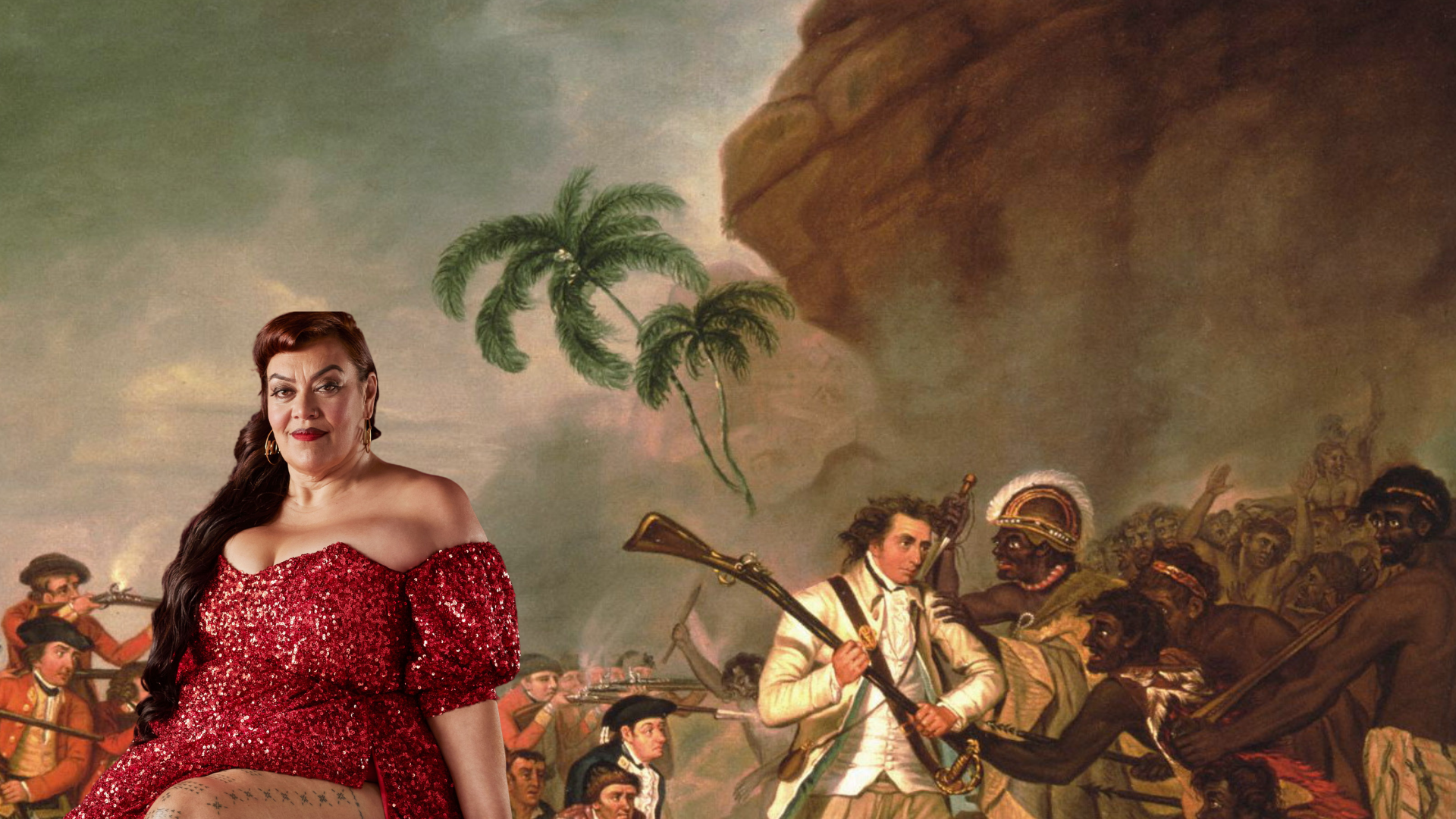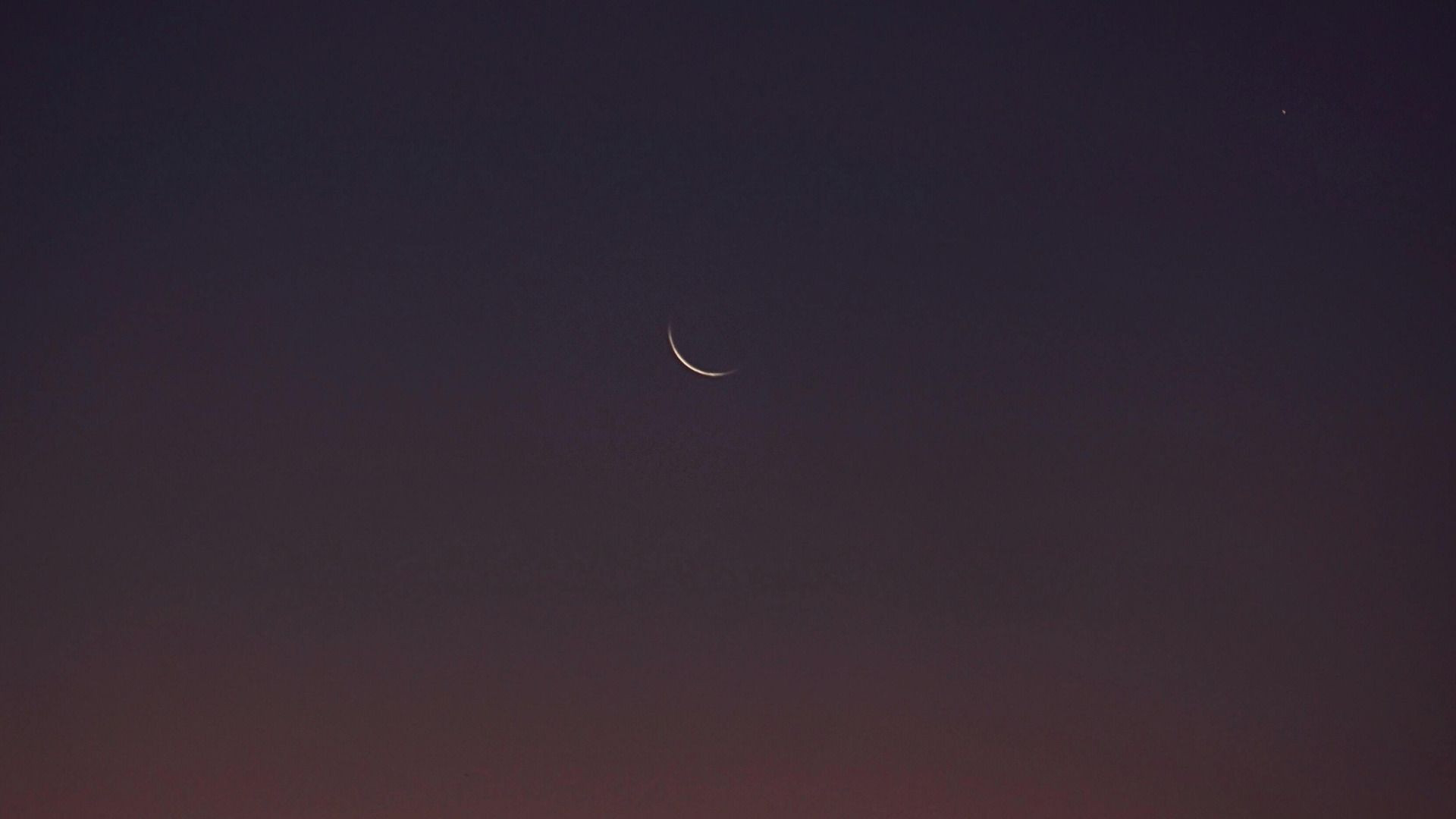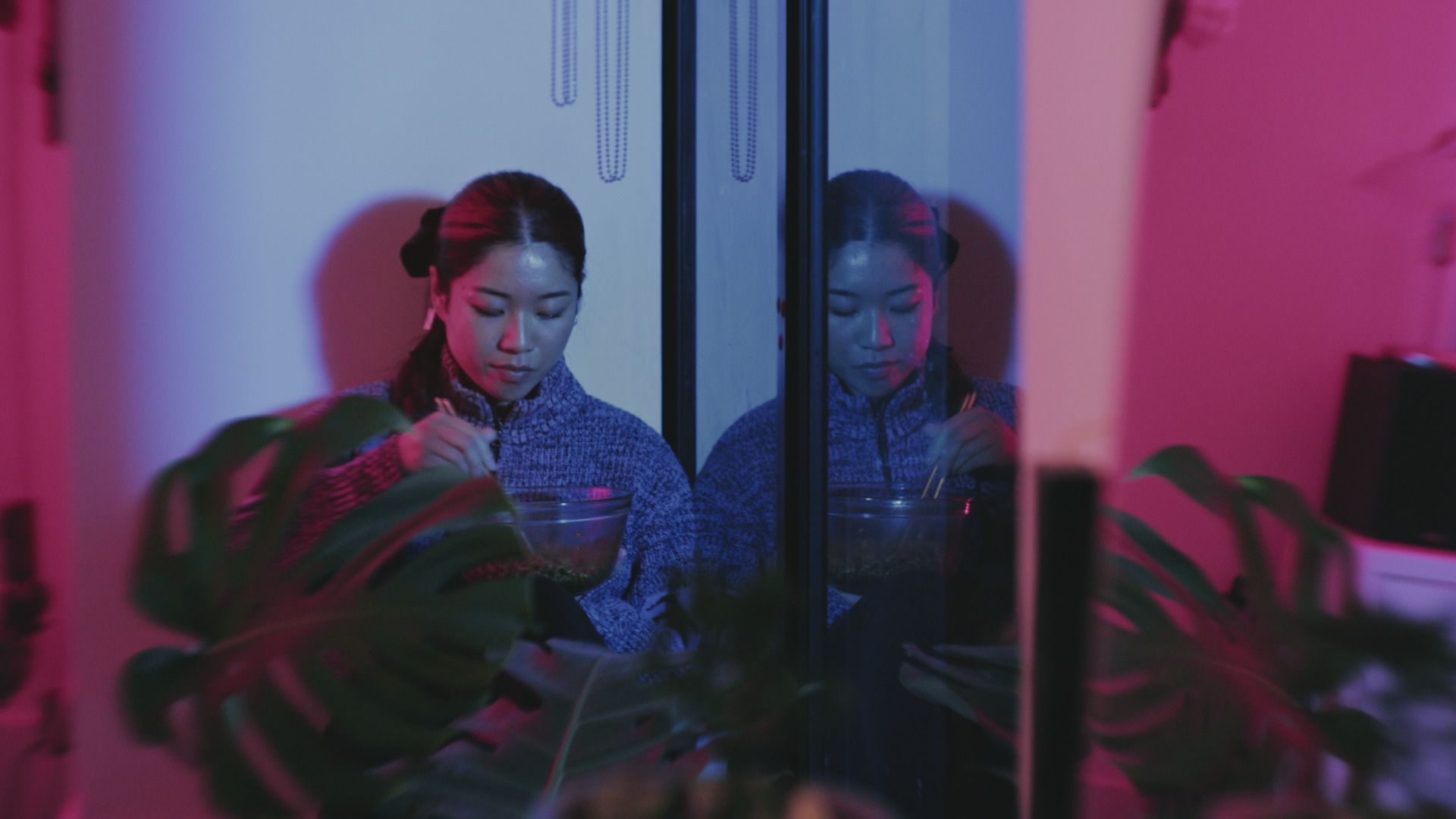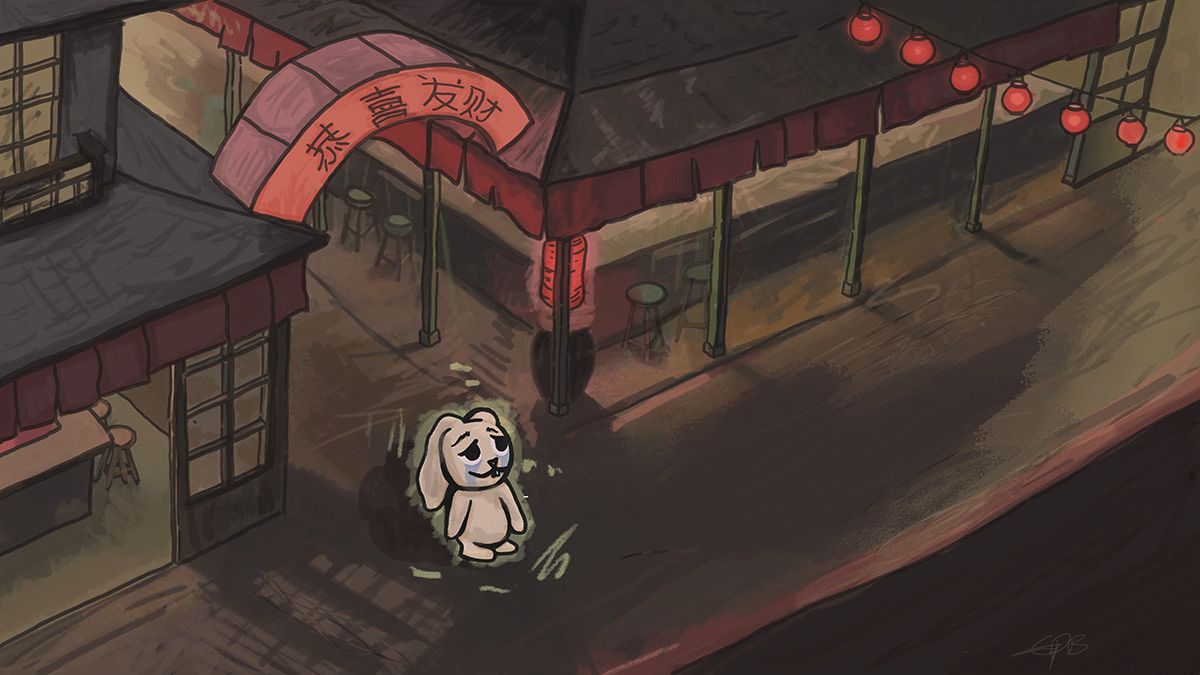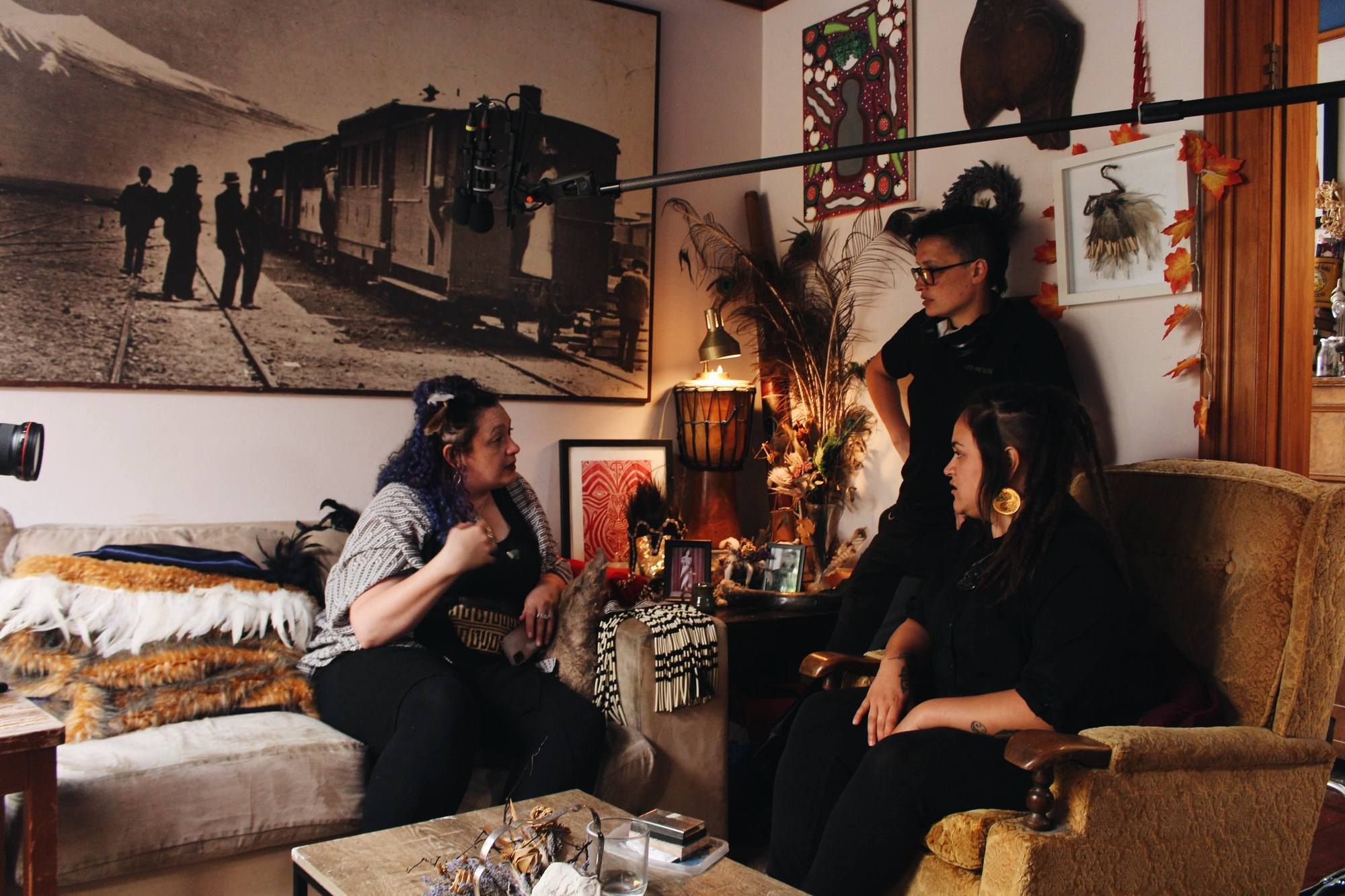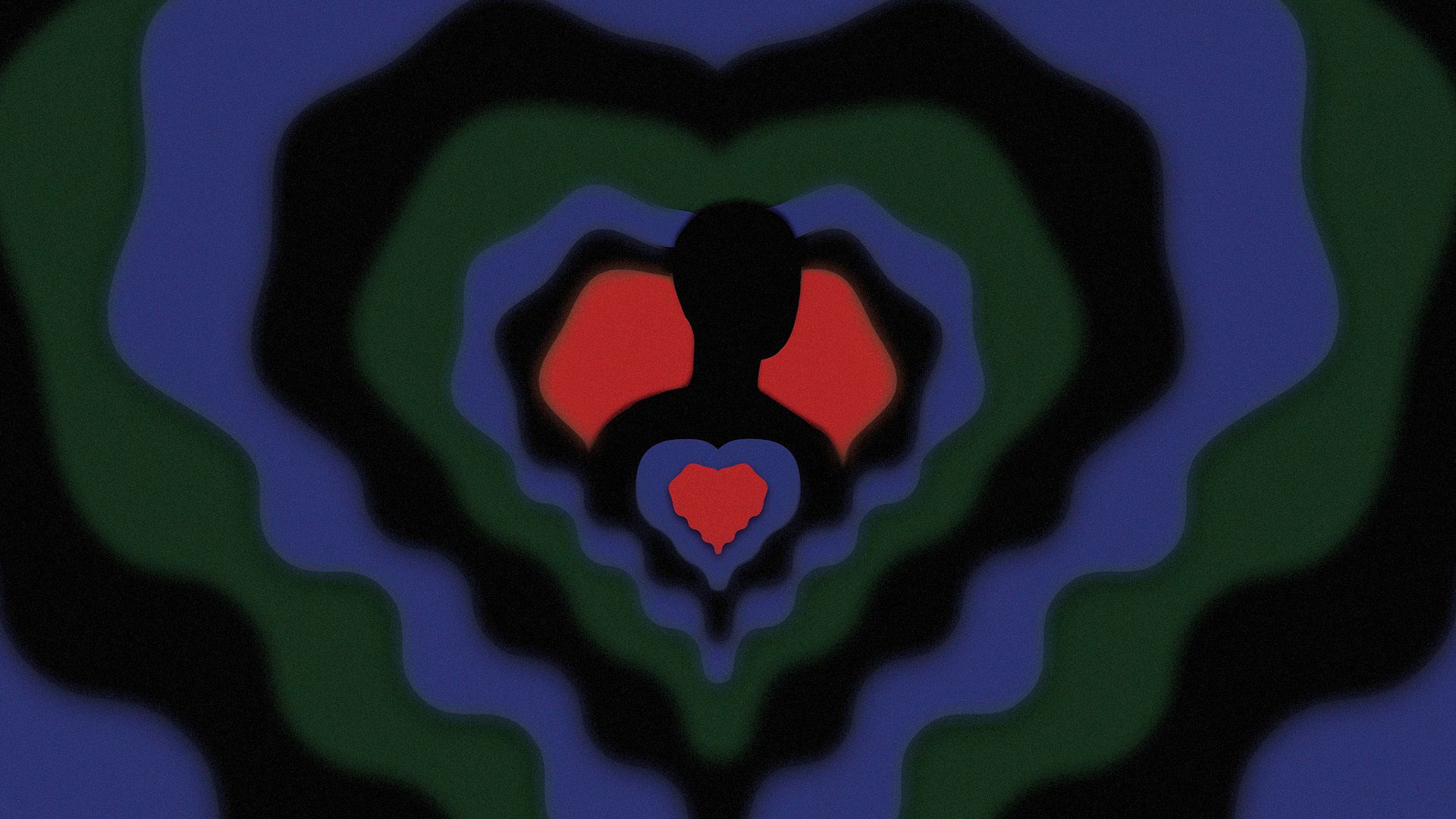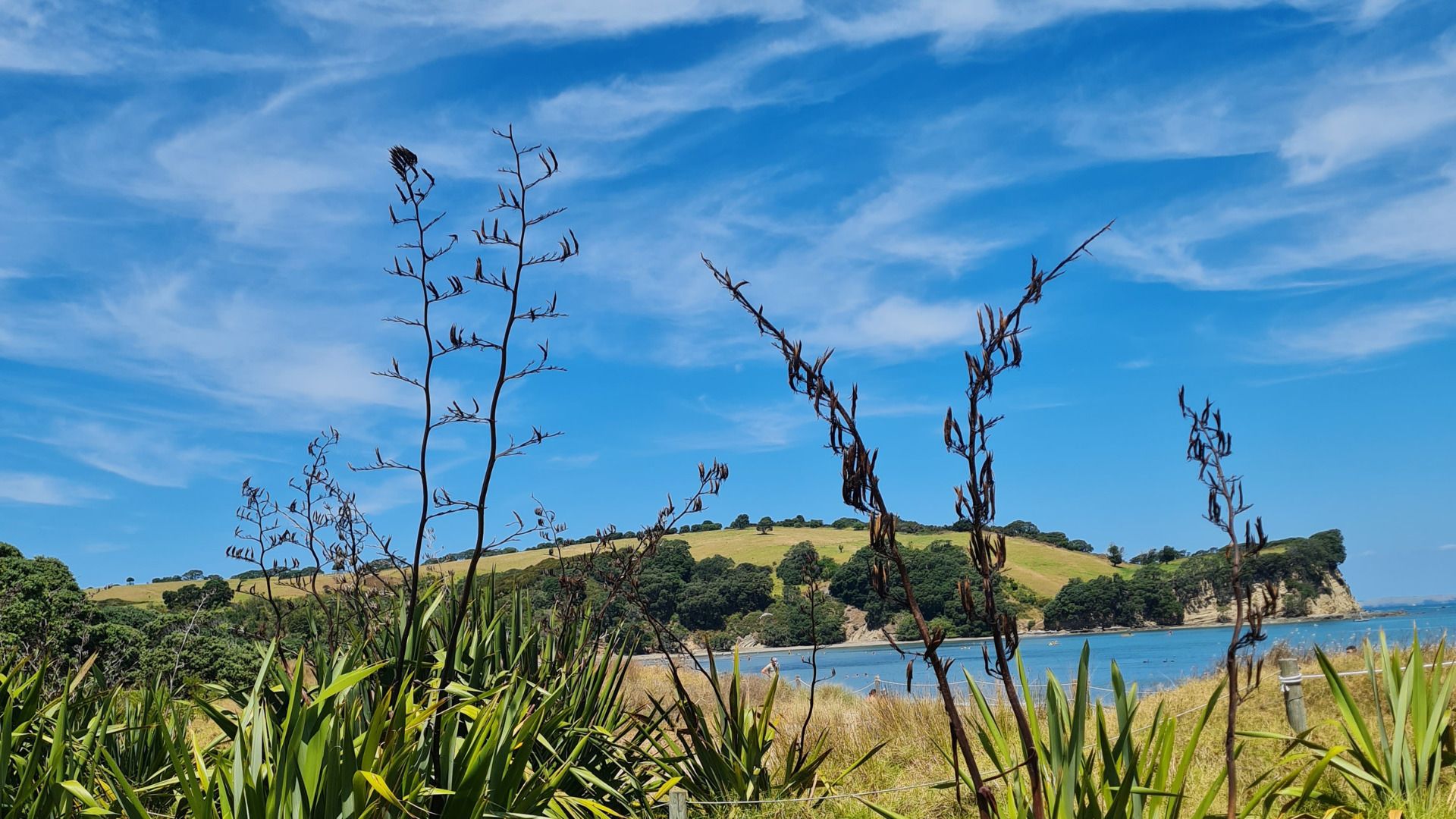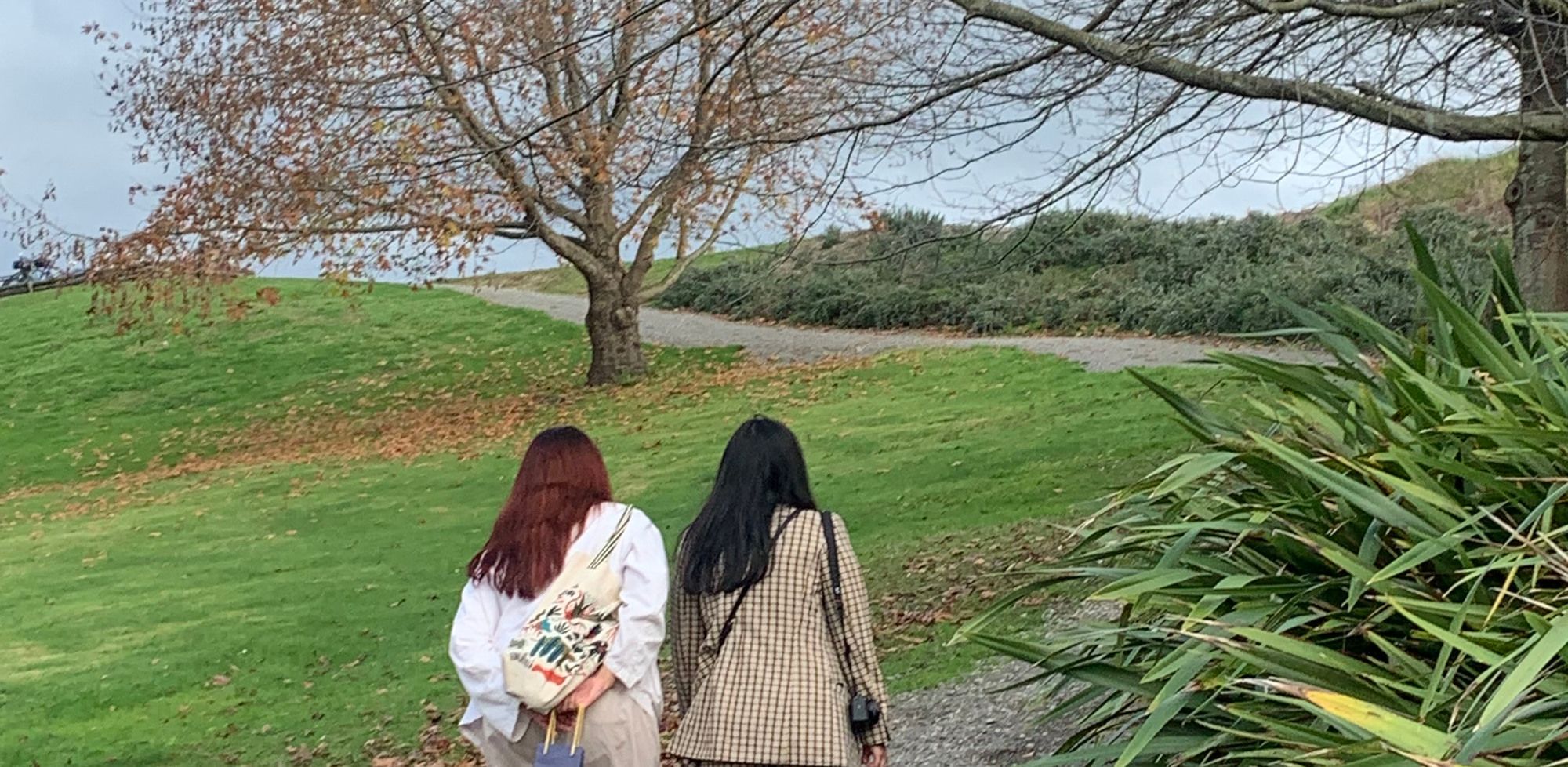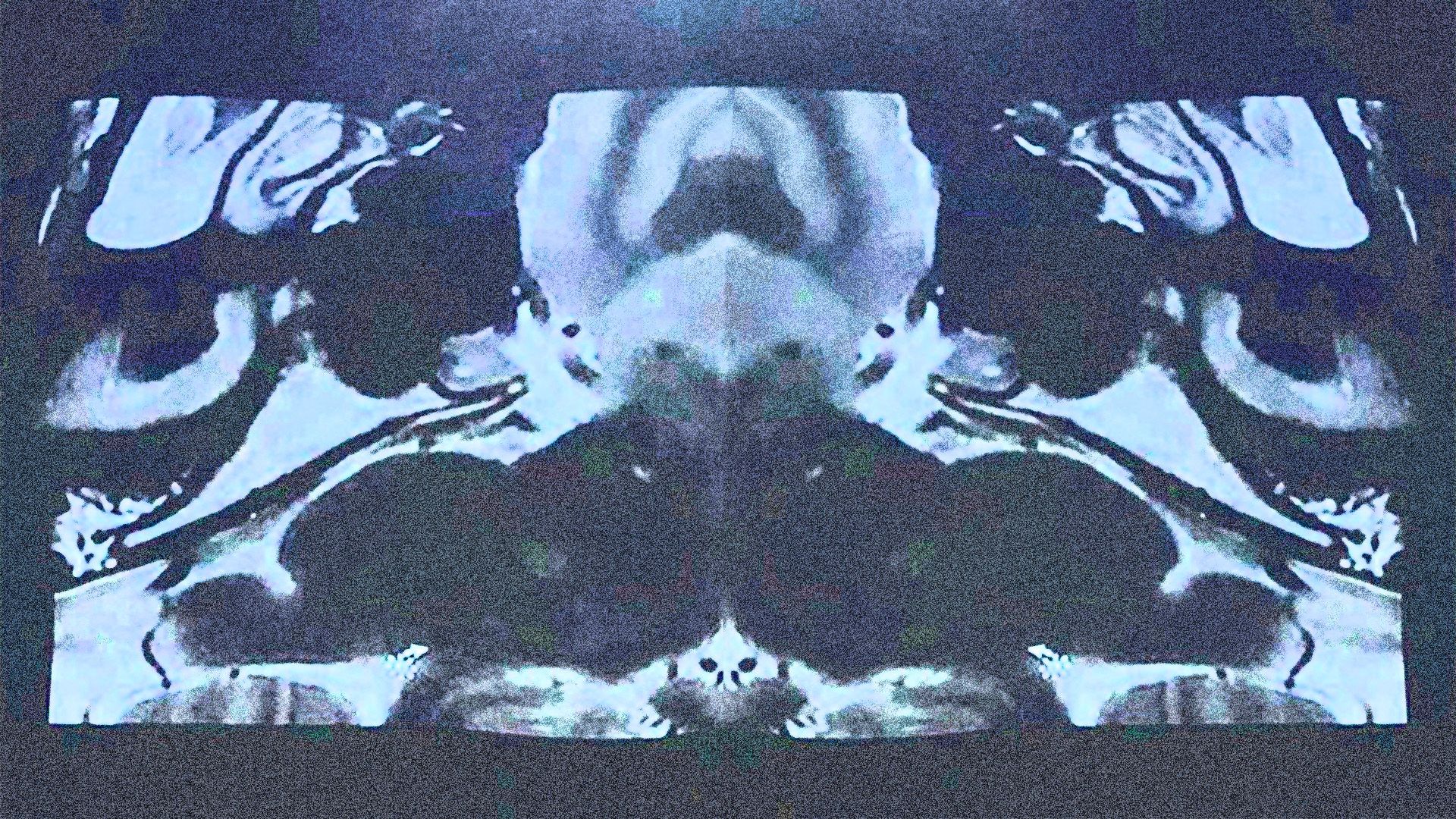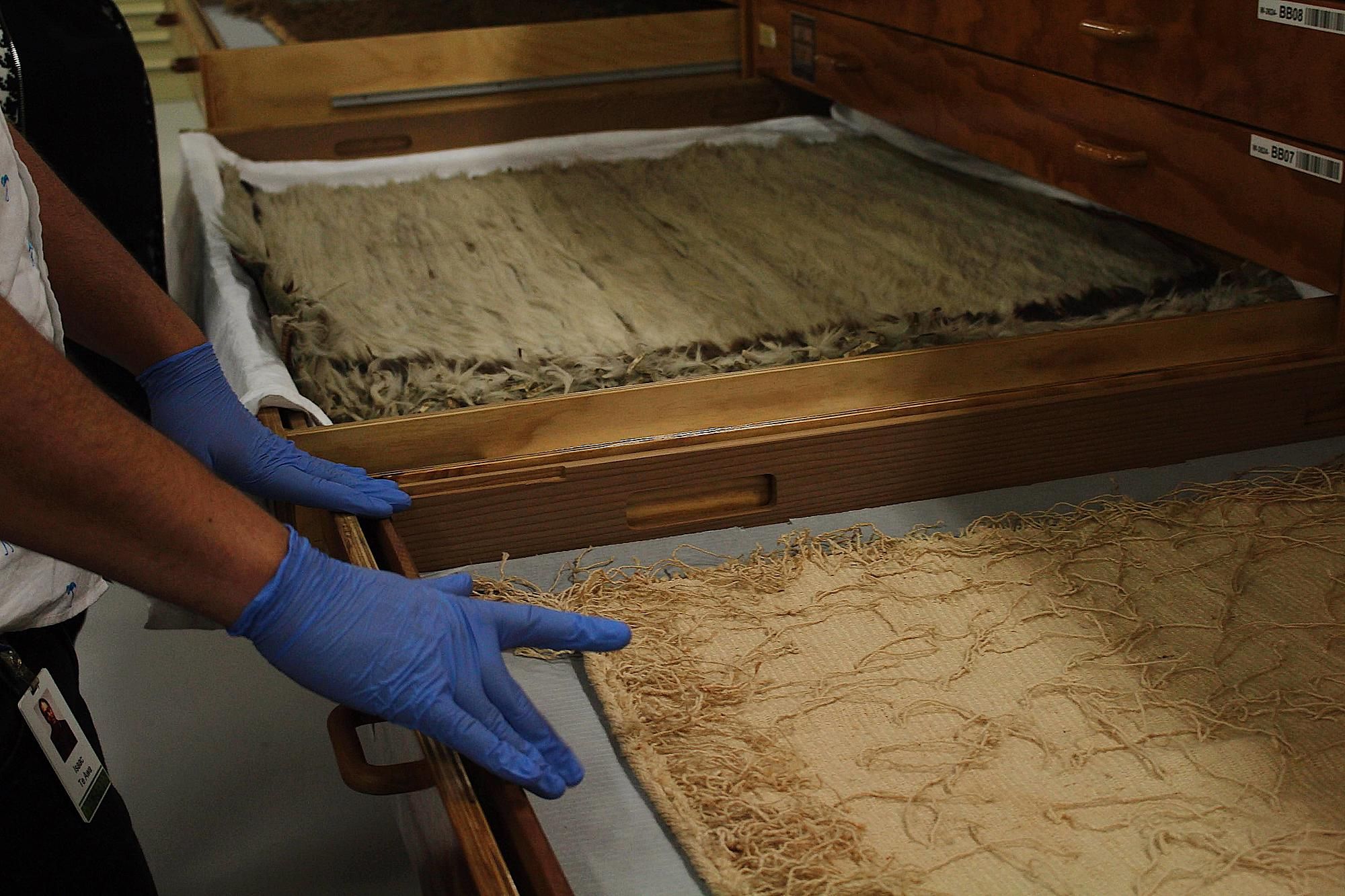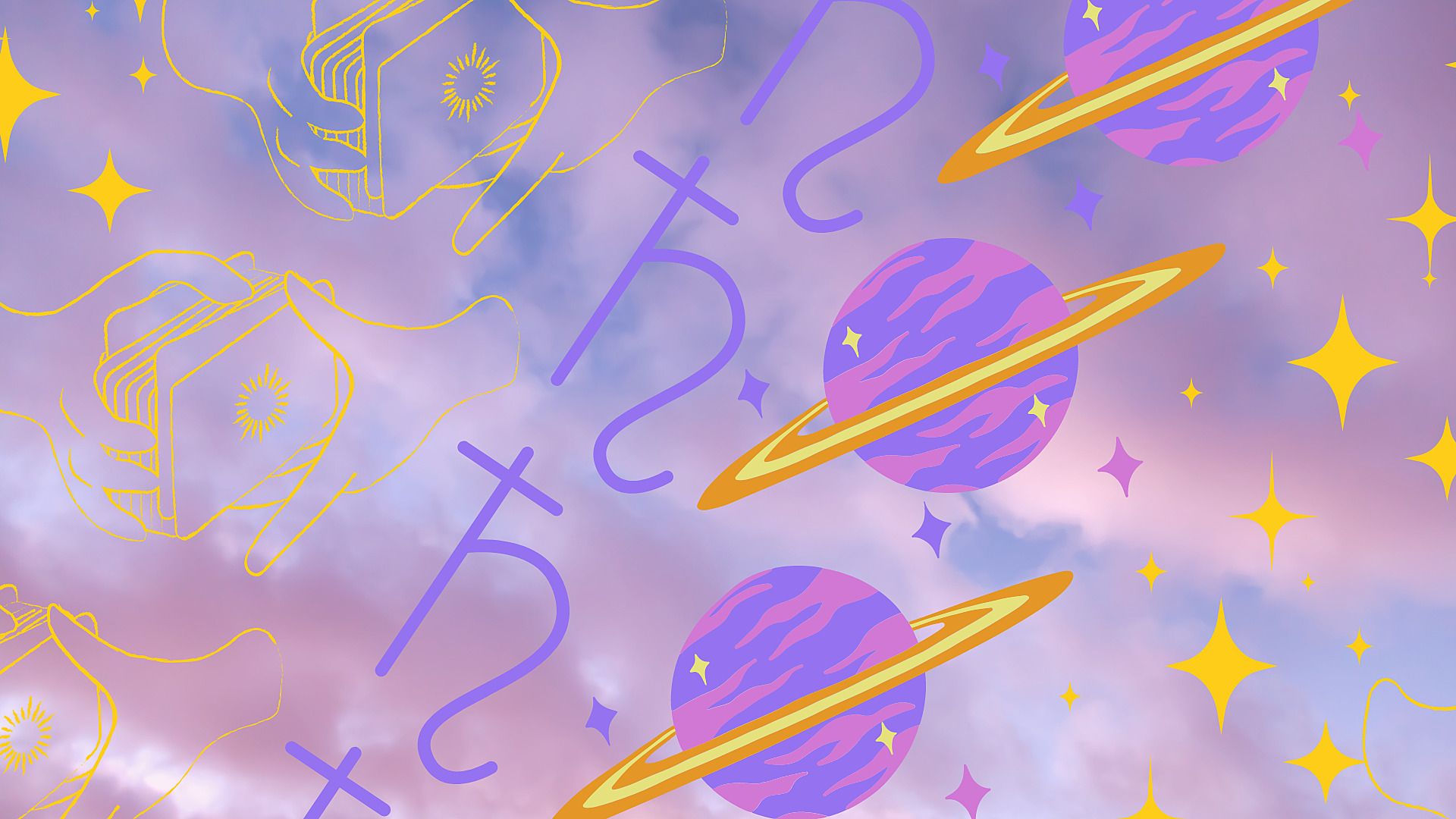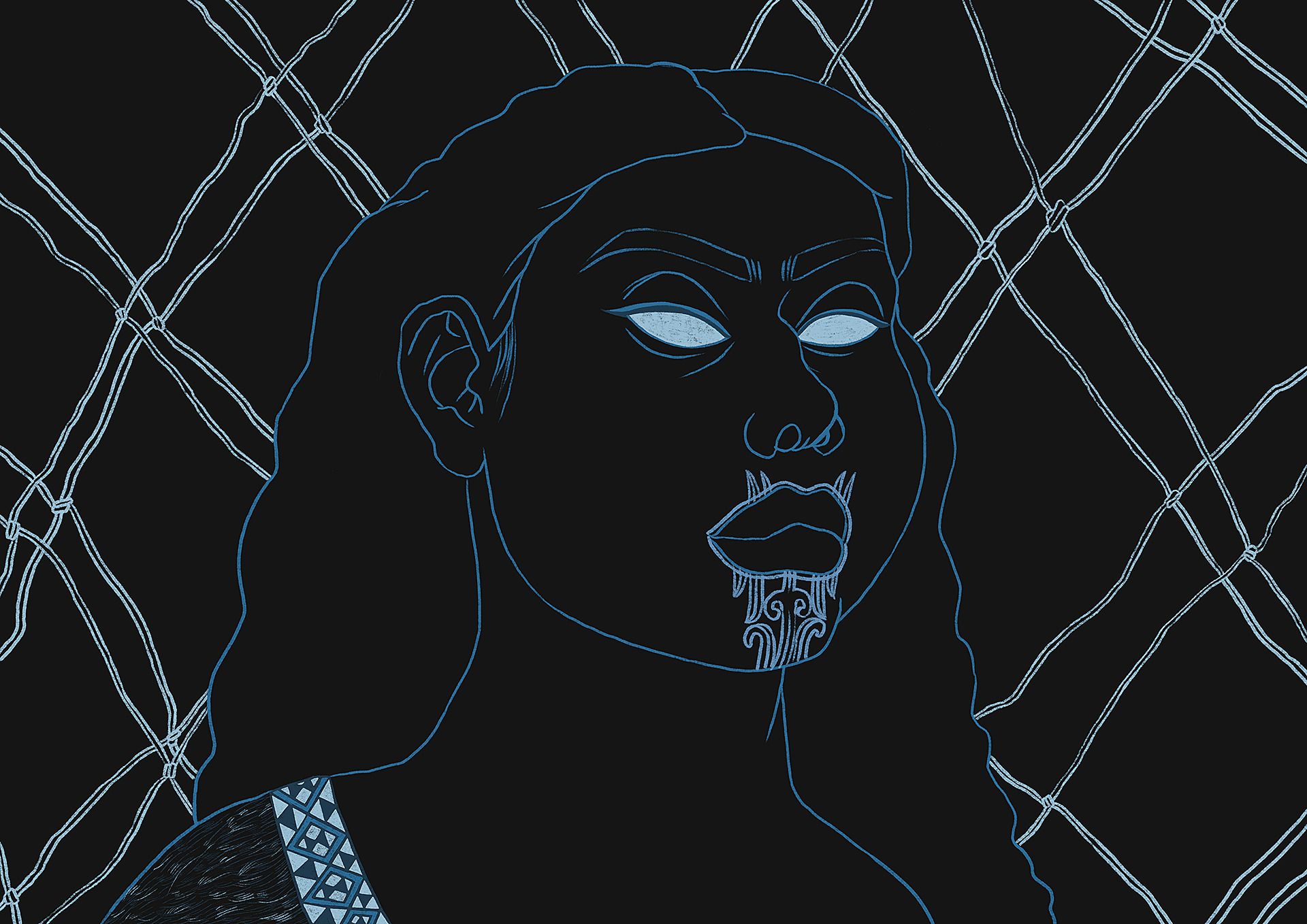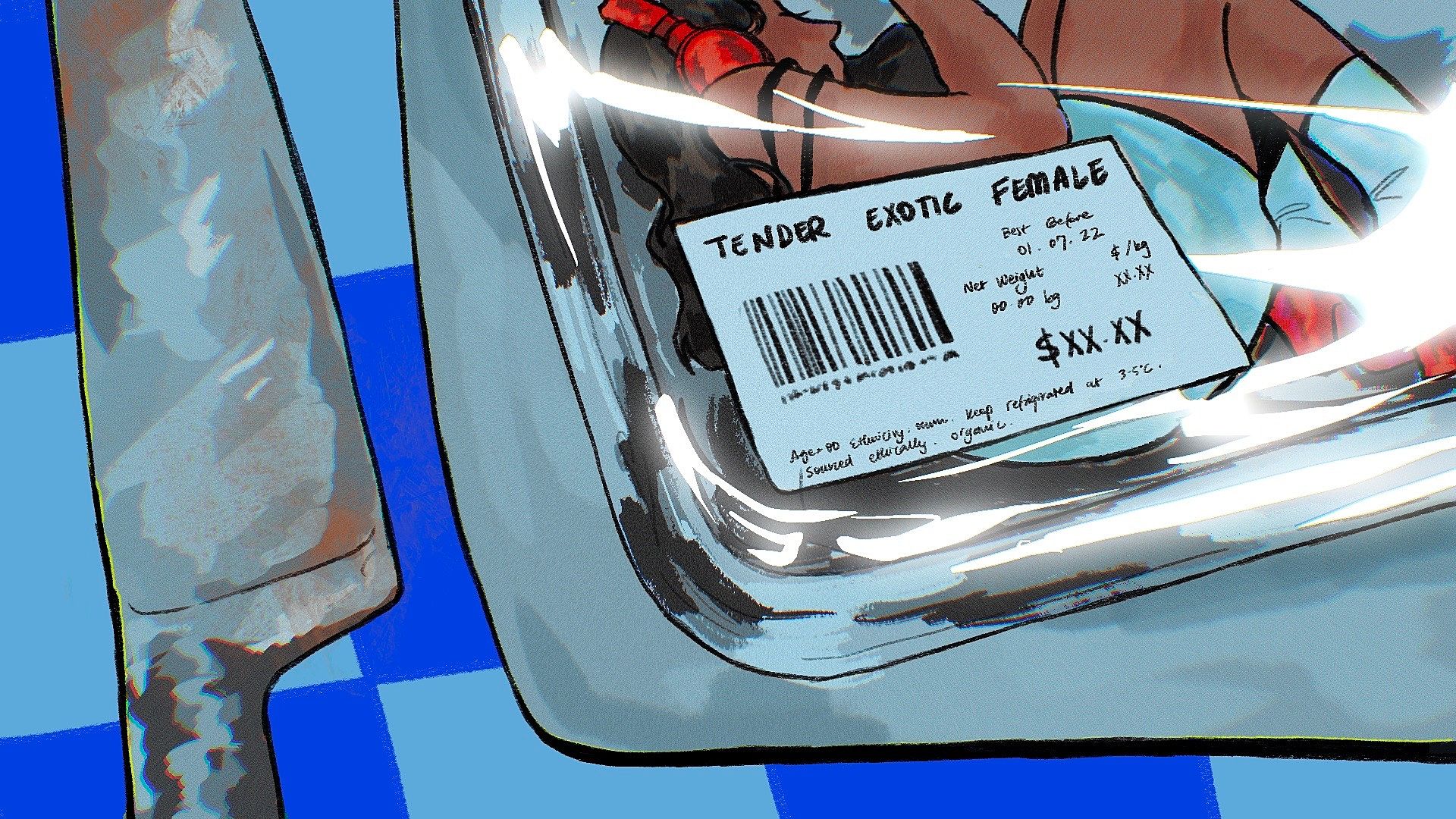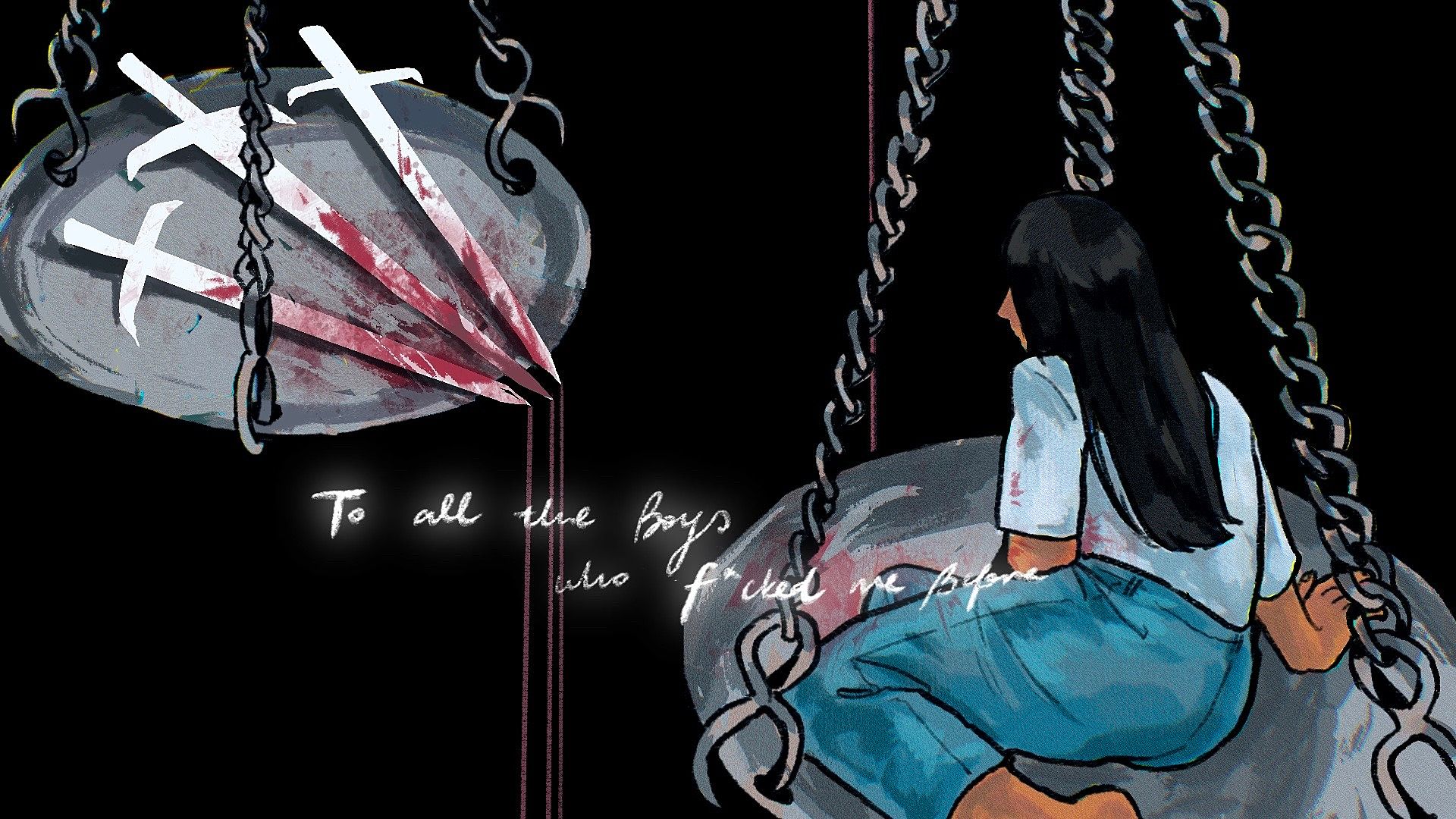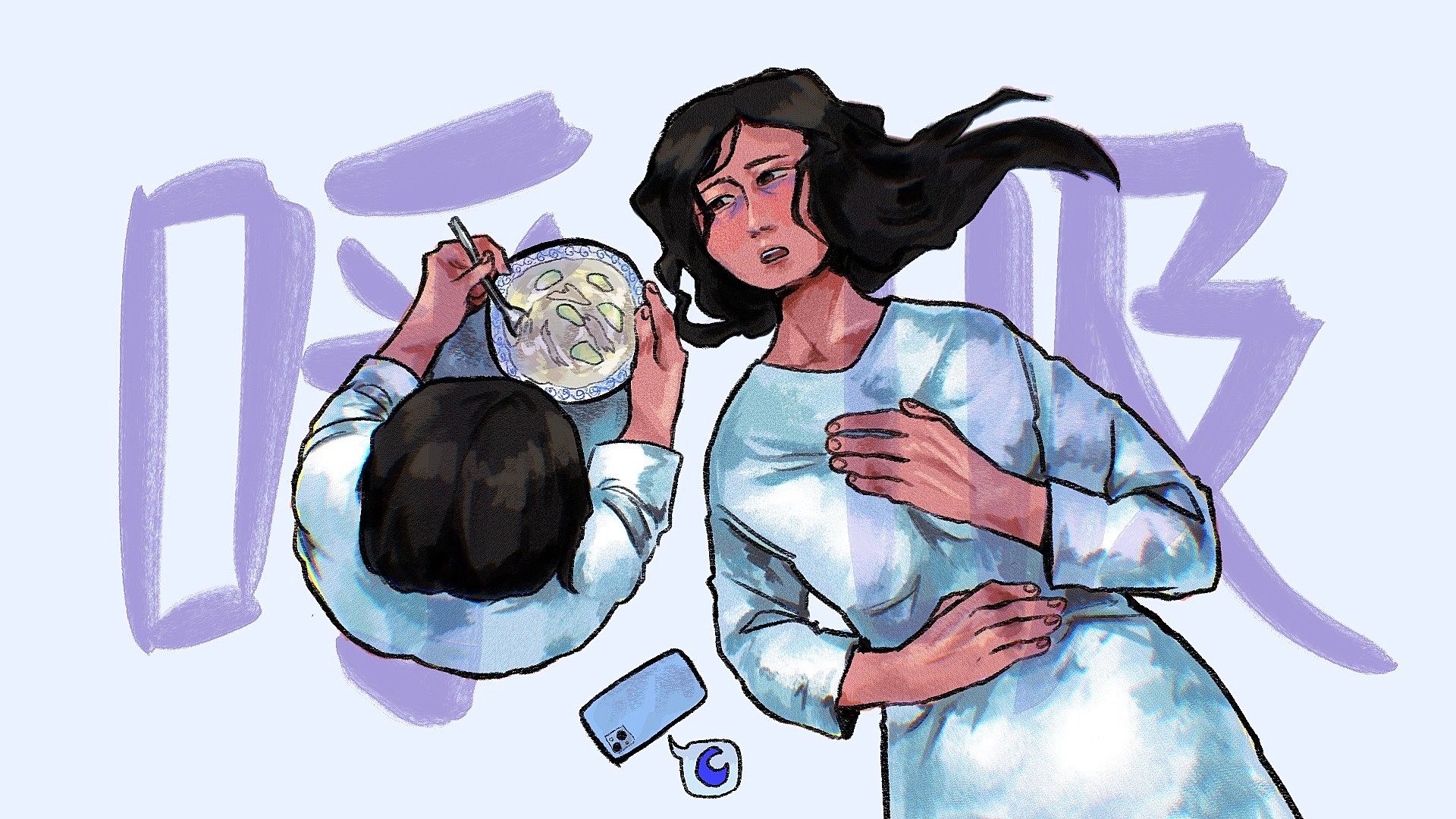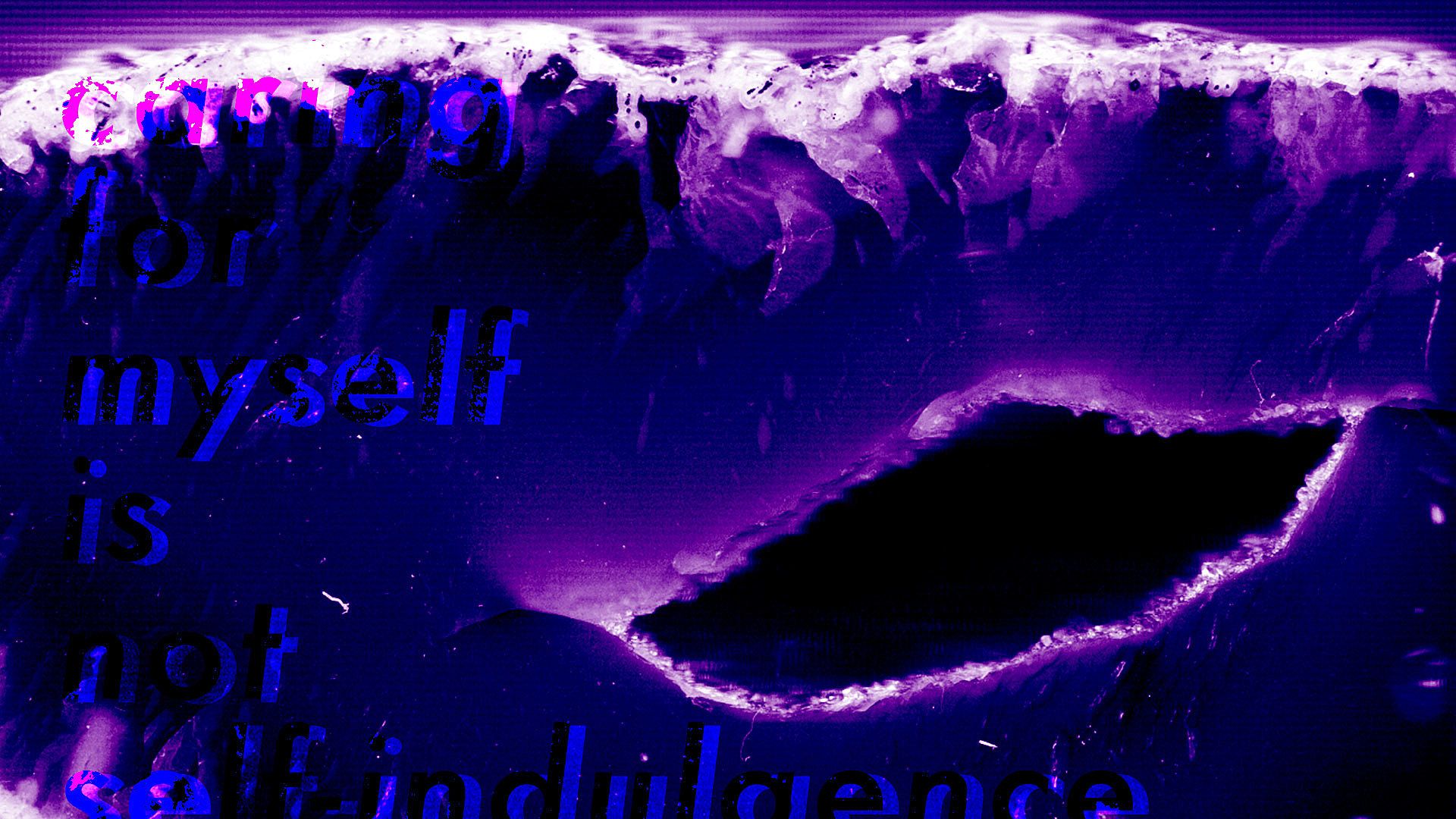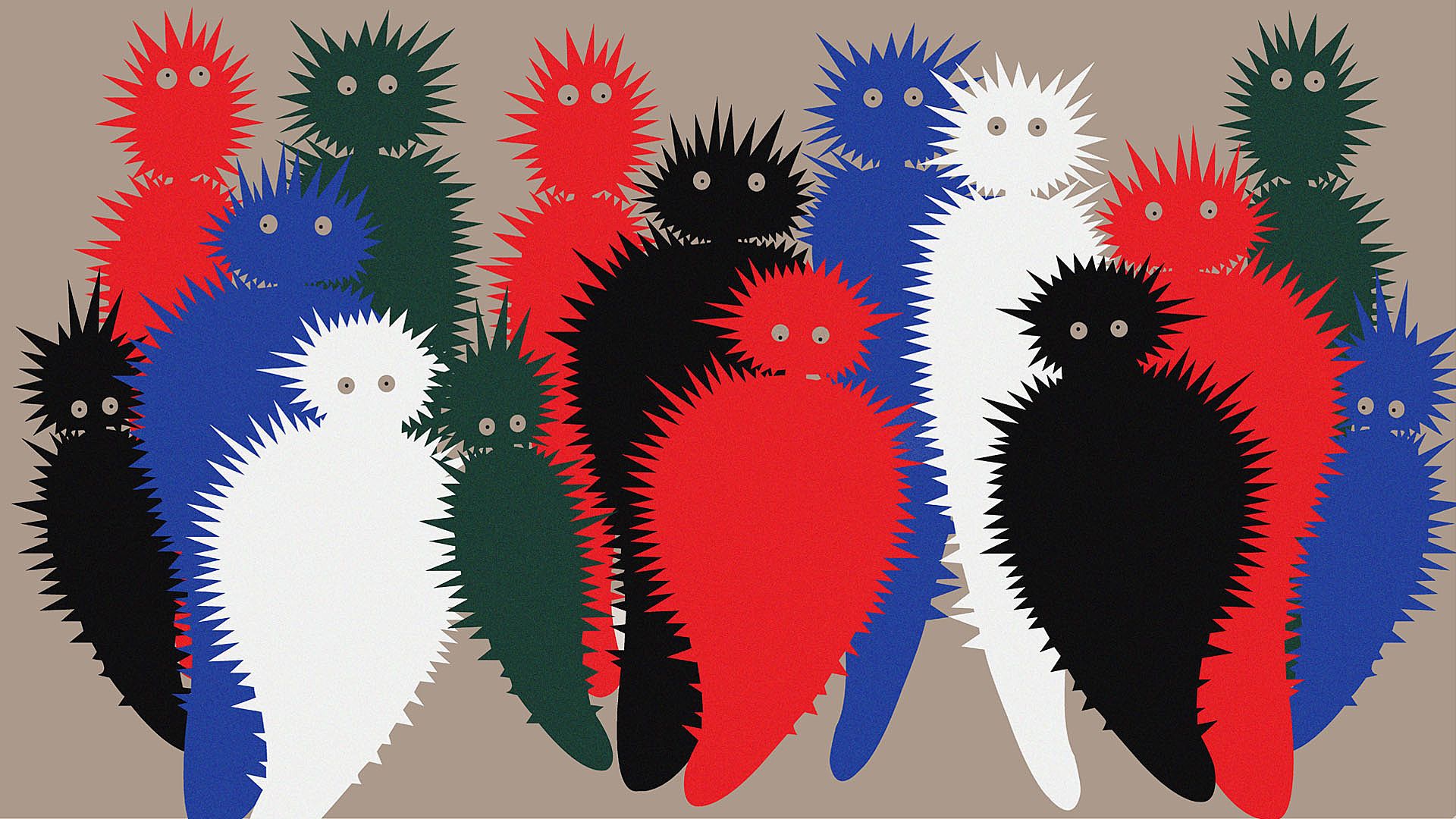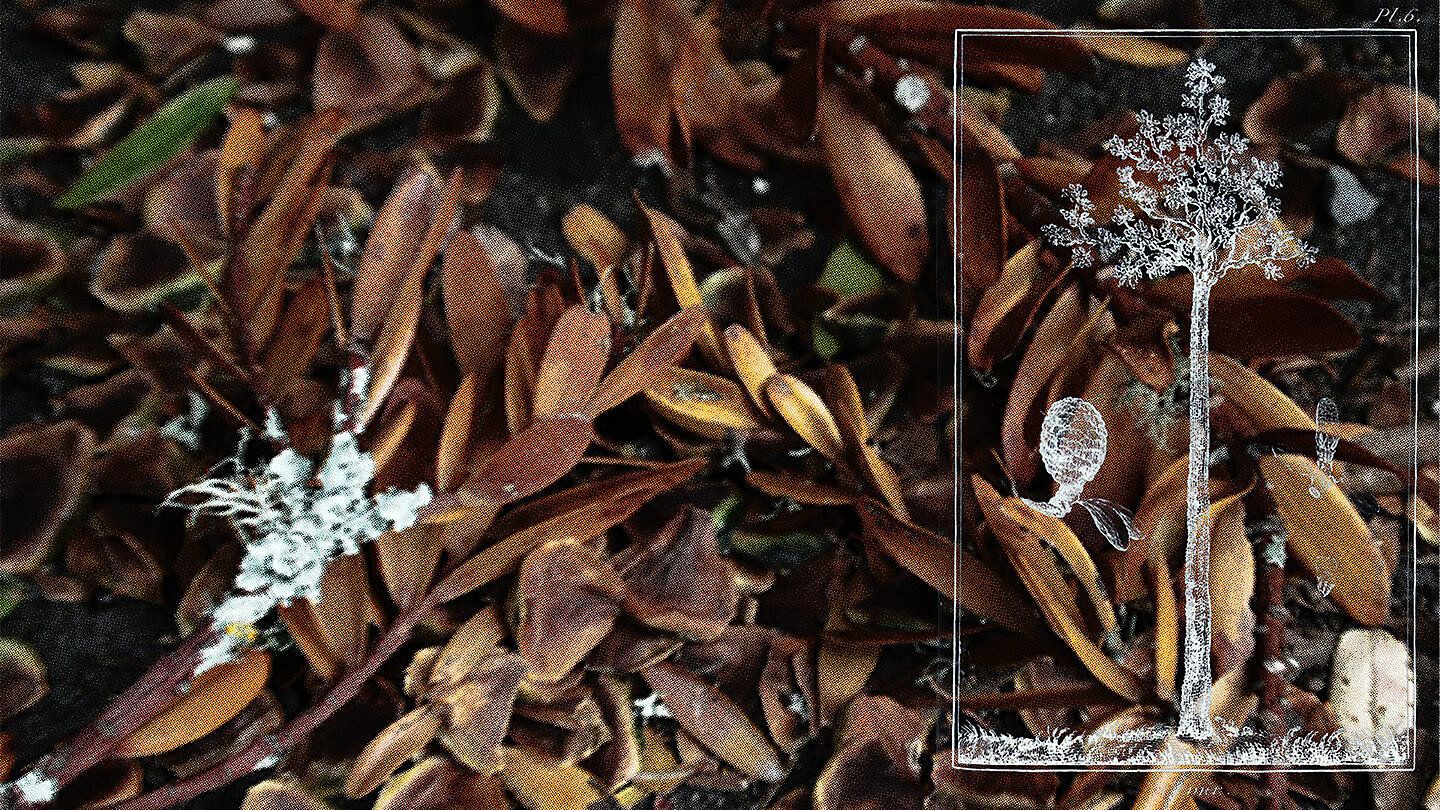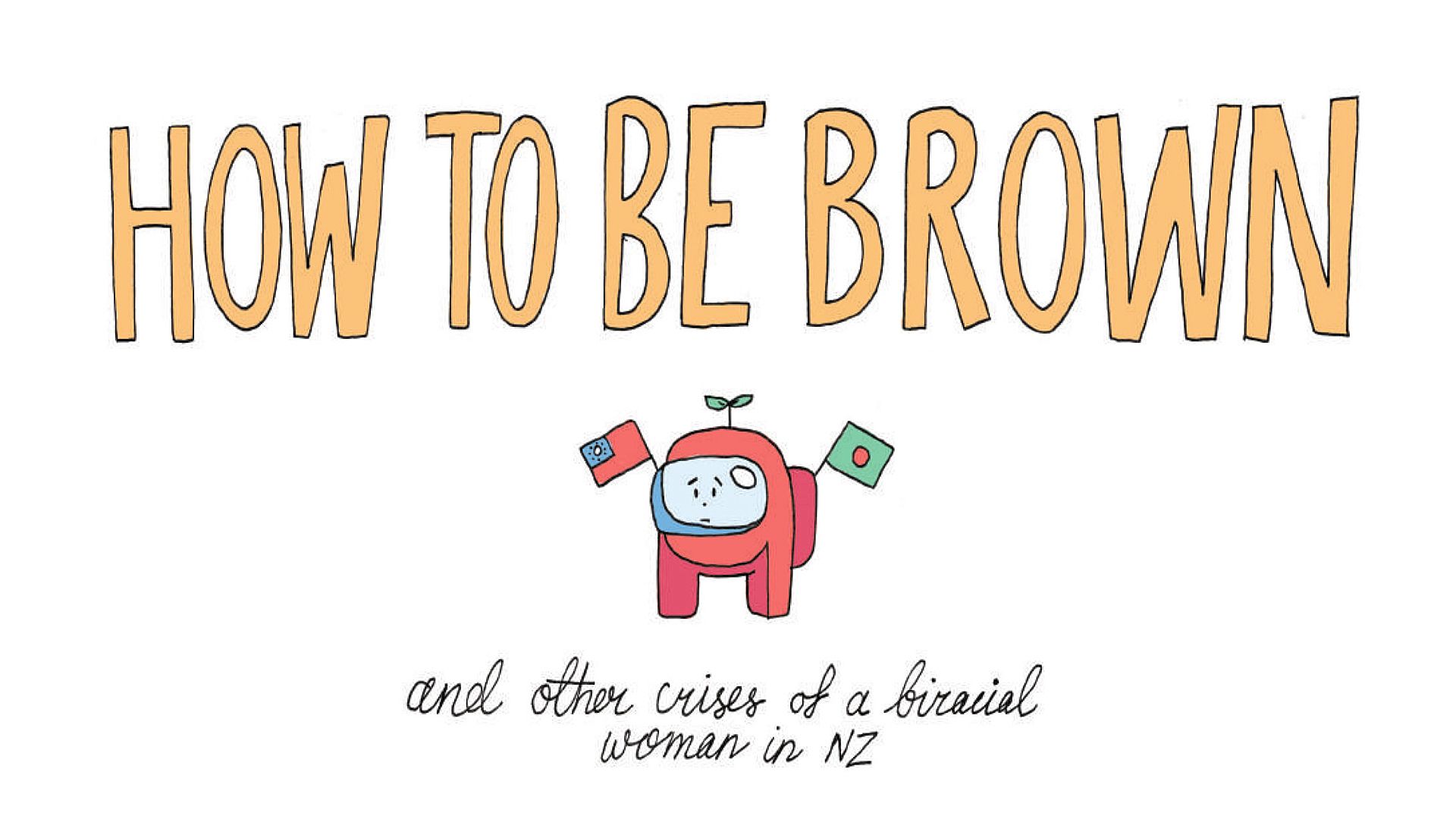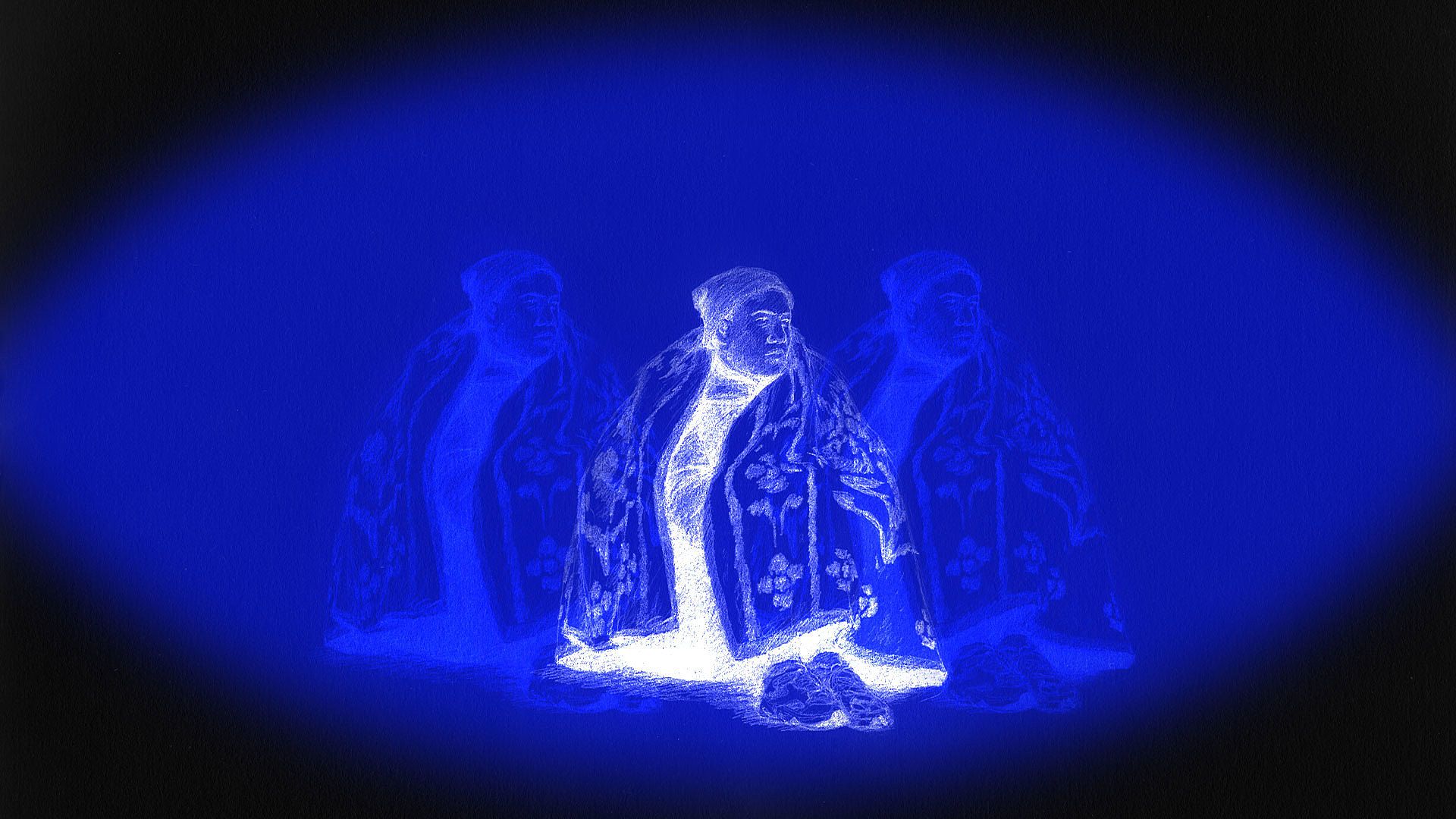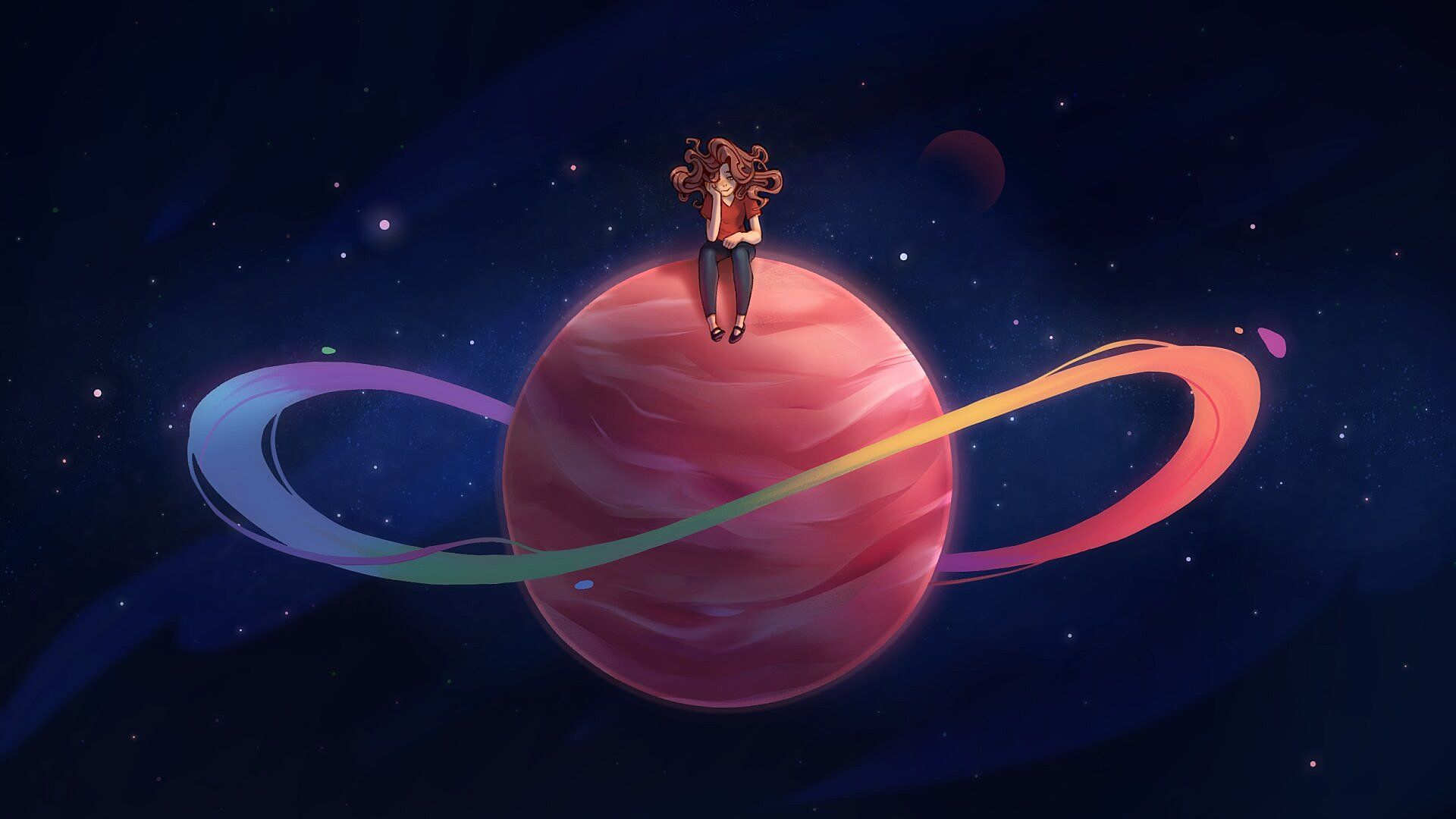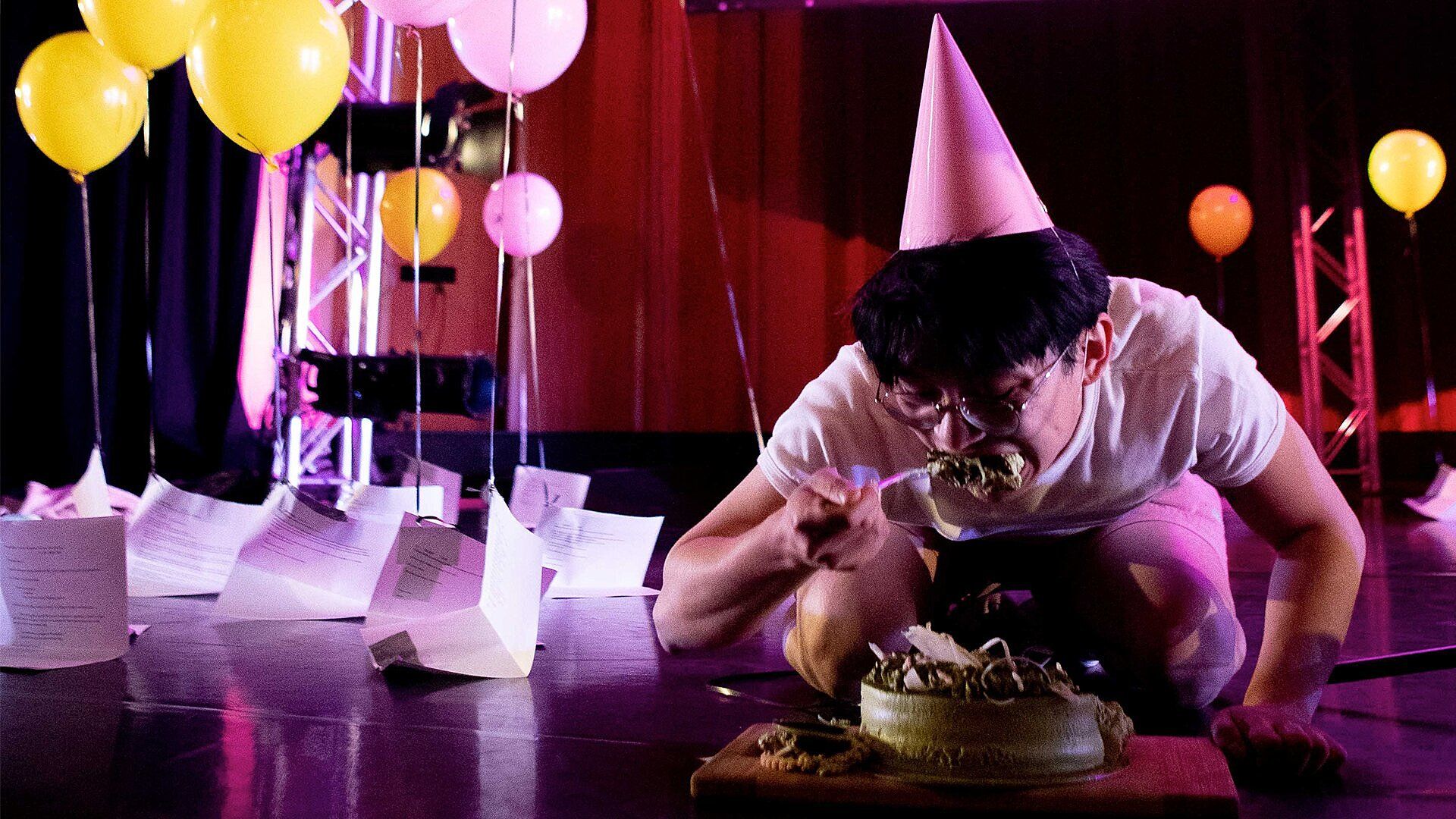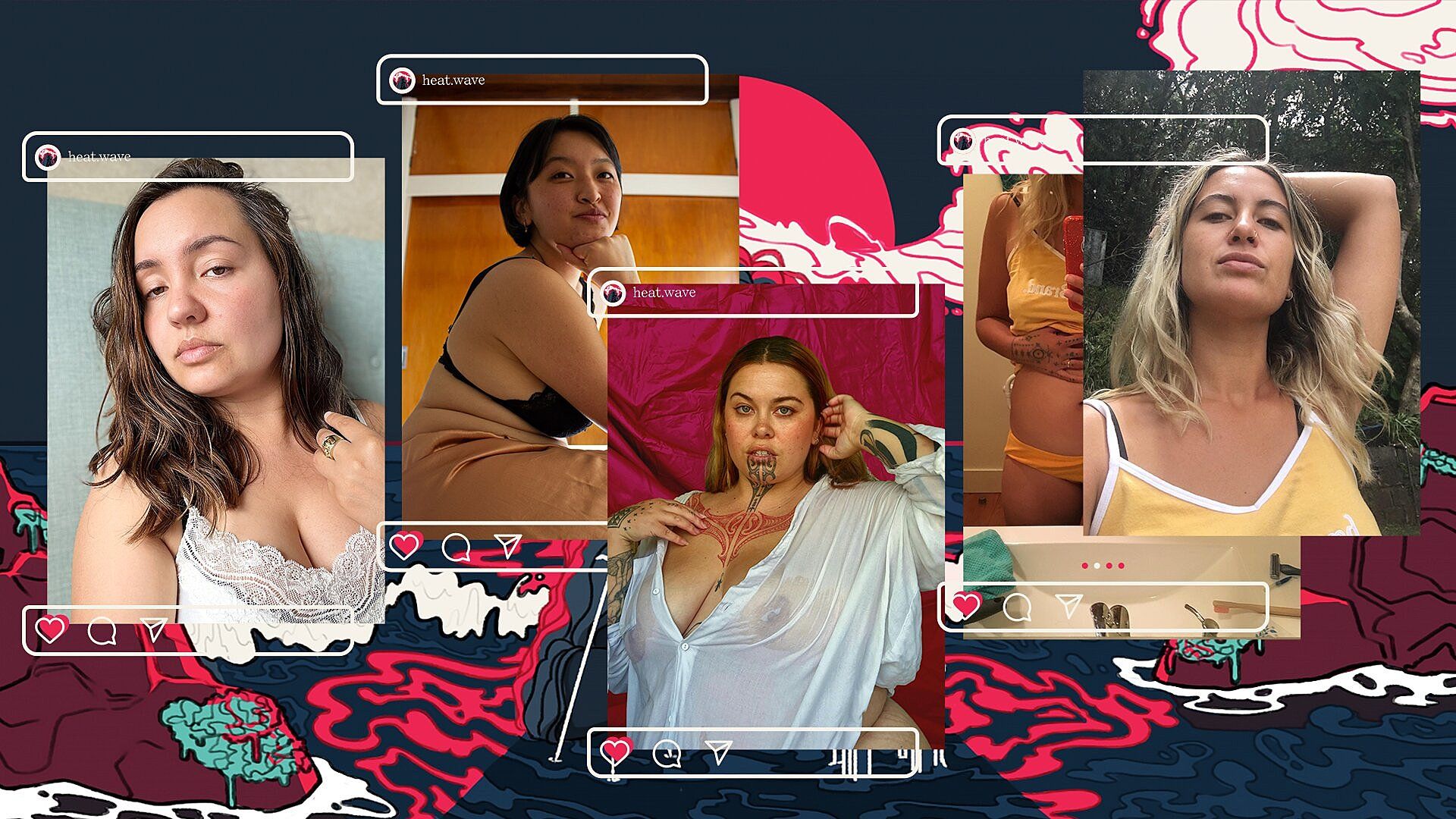Everything in: Society
Pip Laufiso was born and raised in Ōtepoti and her contributions to Māori and Pacific arts in this city have spanned decades. Stacey Kokaua reflects on how Pip influences a community of creatives in a city not often recognised for a brown arts culture.
Gabriella Brayne and Litia Tuiburelevu publish this essay, taken from a wider research project on Pacific Peoples and the Criminal Justice system in Aotearoa New Zealand, written with Liz Lotoa, Isabella Ieremia and Hugo Wagner-Hiliau. Their research calls for abolition and an ending to carceral capitalism, envisioning emancipatory past futures for Tangata o le Moana and the globe.
Is cruising a form of time travel, a doorway into a pocket of Queer time, or something else entirely? Tom Denize unpacks the heat and magnetism of cruising spots.
A year after the flooding of Tūranganui-a-Kiwa, Elise Sadlier muses on the state of the local awa, the histories that led to their pollution, and how we might weather the storms ahead.
In this exchange, Zina Abu Ali and Makanaka Tuwe reflect on how rainbow capitalism and pinkwashing obscure violence, tug on our belongingness wounds, and erase the abolitionist history of the Pride movement.
Dim lights, no music, clear aisles: Wednesdays at 2:30pm offer only a sliver of time for those with accessibility needs. Andi C. Buchanan explores the intersections of time and disability in public spaces.
Sacha Judd reflects on the spaces we inhabit online, and how to create safe communities in the midst of the internet hellscape.
Don’t look away. Amelia Jacobson dives into Aotearoa’s history of ableism and disability justice while unravelling the myths of the Unitec Campus.
Jude Saint leaves behind a snail trail of blue nail polish chips, as they move sideways in transition.
Lara Taylor, Kathryn Gale, Alison Greenaway and Desna Whaanga-Schollum reflect on how they created safe space on a recent noho marae wānanga by operating in aroha.
An open letter to Jewish institutions and community, from Jews in Aotearoa, to join the calls for an immediate ceasefire. Read and sign.
Tameem Shaltoni is a Palestinian New Zealander, born in Jordan to a family of Palestinian Arab refugees. Here he reflects on the call for a ceasefire in Gaza and what’s next.
In a series of travel diary-entries, Makanaka Tuwe navigates space to question the systems that sustain the conditions of visibility, invisibility and erasure.
How do we be respectful in our displays of solidarity? Tameem Shaltoni and Tina Ngata share their perspectives on how we can best show up for Indigenous peoples struggling against colonialism worldwide.
Cultural workers and artists are calling for our cultural institutions to publicly call for ceasefire and commit to solidarity with Palestine. This includes signing on to PACBI’s cultural boycott, and ensuring their workplaces support and don't silence workers. Here is their open letter, which you can sign.
Justine Sachs on the cruelty and inhumanity of Zionism, the movement supposed to solve the 'Jewish question'.
Ruby Macomber traces the whakapapa of activism and Moana sisterhoods at Moana Fresh, the iconic community marketplace in Avondale.
Students, staff, and alumni from Aotearoa university communities are calling for a joint statement from their Vice-Chancellors: to condemn Israel’s genocidal attacks on Palestinians, call for ceasefire and an end to illegal occupation. Here is their open letter, which you can sign.
Nadia Abu-Shanab on solidarity, and the collective memory of resistance that empires are so afraid of.
Artists for Ceasefire are a group of creatives across the motu, petitioning the New Zealand government to call for an immediate ceasefire in occupied Palestine. Here is their open letter, which you can sign.
Gender is a performance, and Alex Stronach shares the duality of femininity - complete with her sweet softness and hissing claws.
In this economy!!?! Natasha Matila-Smith has a rant about money and being an arts worker.
The sentencing of ‘prominent businessman’ and arts philanthropist Sir James Wallace reveals the greater complicity of the arts industry in dirty money and the abuse of power. Theatre academic James Wenley asks how we can all step up.
A guide to time travel by Ngaumutane Jones (Kāi Tahu, Ngāti Kahungunu, Tainui, Tūhoe) & Hana Burgess (Ngāpuhi, Te Roroa, Te Ātihaunui a Pāpārangi, Ngāti Tūwharetoa).
Vanessa Mei writes on violence and vantage points as an adult survivor of childhood sexual abuse.
Tusiata Avia turns into evil-poet-werewolf, and responds to the complaints against her in the New Zealand Media Council ruling, re: The 250th anniversary of James Cook's arrival in New Zealand.
Khadro Mohamed shares her tips and reflections for observing the 30 days and 29 nights of Ramadan in Aotearoa.
Grace Ko, one of the darlings from Re: News series Dating While Asian, shares her bank of knowledge for getting through breakups.
Flora Xie on celebrating the Lunar New Year by herself – and her desire to reconnect with culturally important holidays despite Gregorian calendar supremacy.
Arihia Latham responds to Te Papa Tongarewa’s series Ngā Taonga Tuku Iho and the call to listen to keep stories of whānau, tīpuna and taonga alive.
Through the act of temporary voluntary celibacy, Jo Bragg gains some personal clarity on the meaning of love.
Julia Craig suggests ways to engage in the politics of love despite the high-octane world of social media and it's damning irl consequences.
Te Aniwaniwa Paterson unpacks what it means to decolonise her emotions and love deeply - just like Ranginui and Papatūānuku.
Janaye Kirtikar reflects on the heteropatriarchal blue prints of love handed down to her, and asks, is this enough for me?
Sinead Overbye talks to Vicki-Anne Heikell and Paul Diamond of the Alexander Turnbull Library about their work with historical collections and the future of storing and accessing our taonga.
Makanaka Tuwe on things falling apart and Saturn making sure they do – changed friendships, new lovers and tower card energy.
Kōtuku Titihuia Nuttall explores the deep connection to winter within Māori and W̱SÁNEĆ cosmology, and the benefits of the cold for the girls that prefer to layer up instead of sweat off their makeup.
Dinithi Nelum Bowatte on navigating orientalism, desire and harm through the power of her brown girl body.
A South East Asian woman writes about the choice to escape her country of birth in the arms of a Pākēha lover, and what awaited her on the other side.
Emiko Sheehan on tuna: as kaitiaki, as kai, as haututū bad boys, descended from the heavens.
Guest editor of the 呼吸//Breathe essay series, Helen Yeung 希琳 writes on their own experience of survivorship, and how relocating to Guåhan has allowed them to breathe a little easier.
The mainstream wellness industry is repackaging traditional healing practices. Makanaka Tuwe invites us to reflect on the repackaging and our choices around 'self-care'.
A kaupapa inspired by Colin McCahon's legacy has resulted in 1000 healthy kauri saplings grown from trees infected with kauri dieback, on the whenua of Te Kawerau ā Maki. Gabi Lardies investigates.
It's not easy being a biracial woman in Aotearoa. In this comic, Ronia Ibrahim reclaims her identity and self-worth in the face of racism, white supremacy and colonialism.
A poem by Vira Paky on anti-Blackness and racism against Black people fleeing Ukraine.
Cadence Chung on being autistic, and the problems with clinicalising human experiences.
In 30 essays on being 30, Nathan Joe meditates on love, identity and growing up.
Power lies in sovereign expression of sexuality. Ana McAllister and the Pantograph Punch team on thirst-trap photography.
